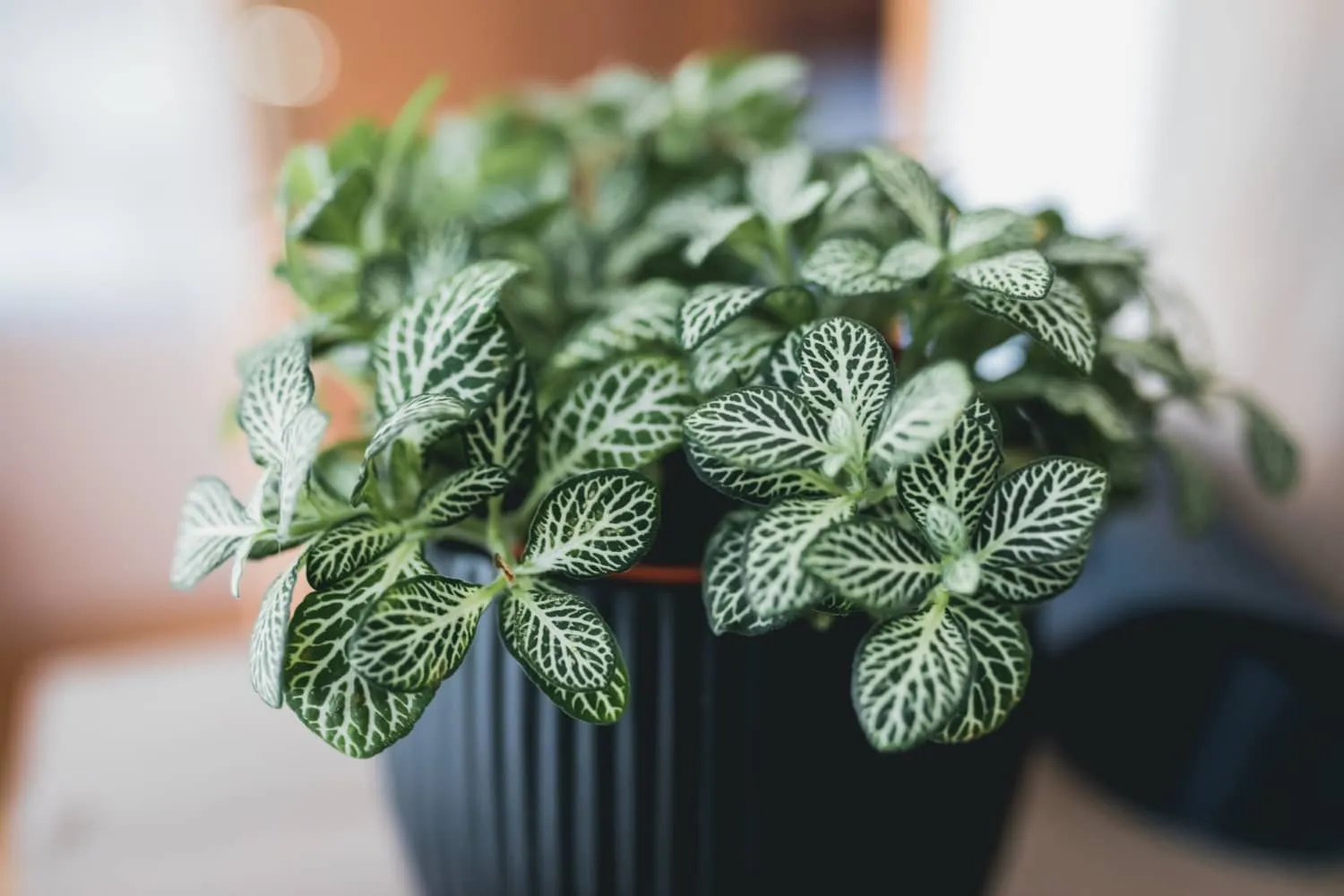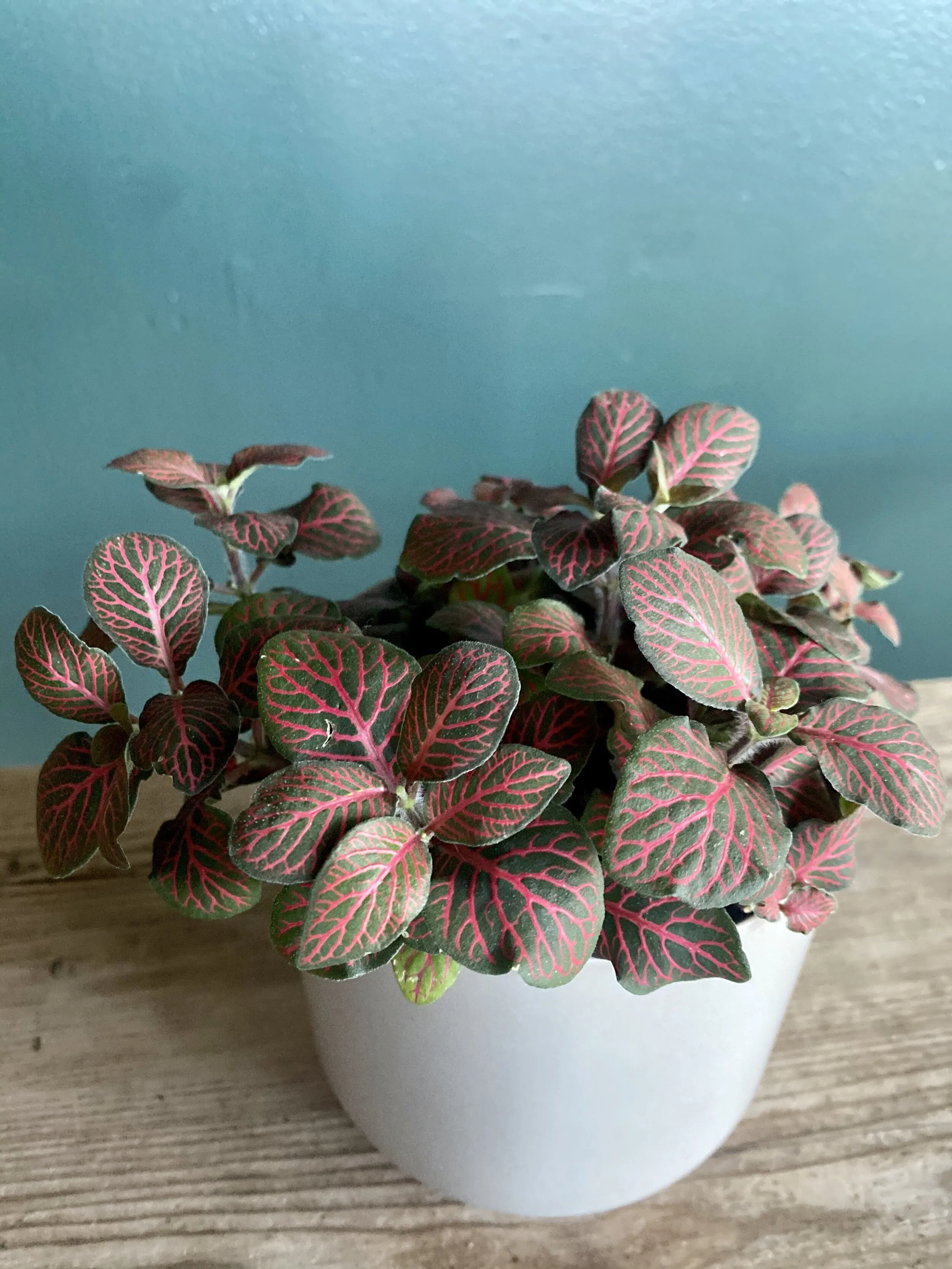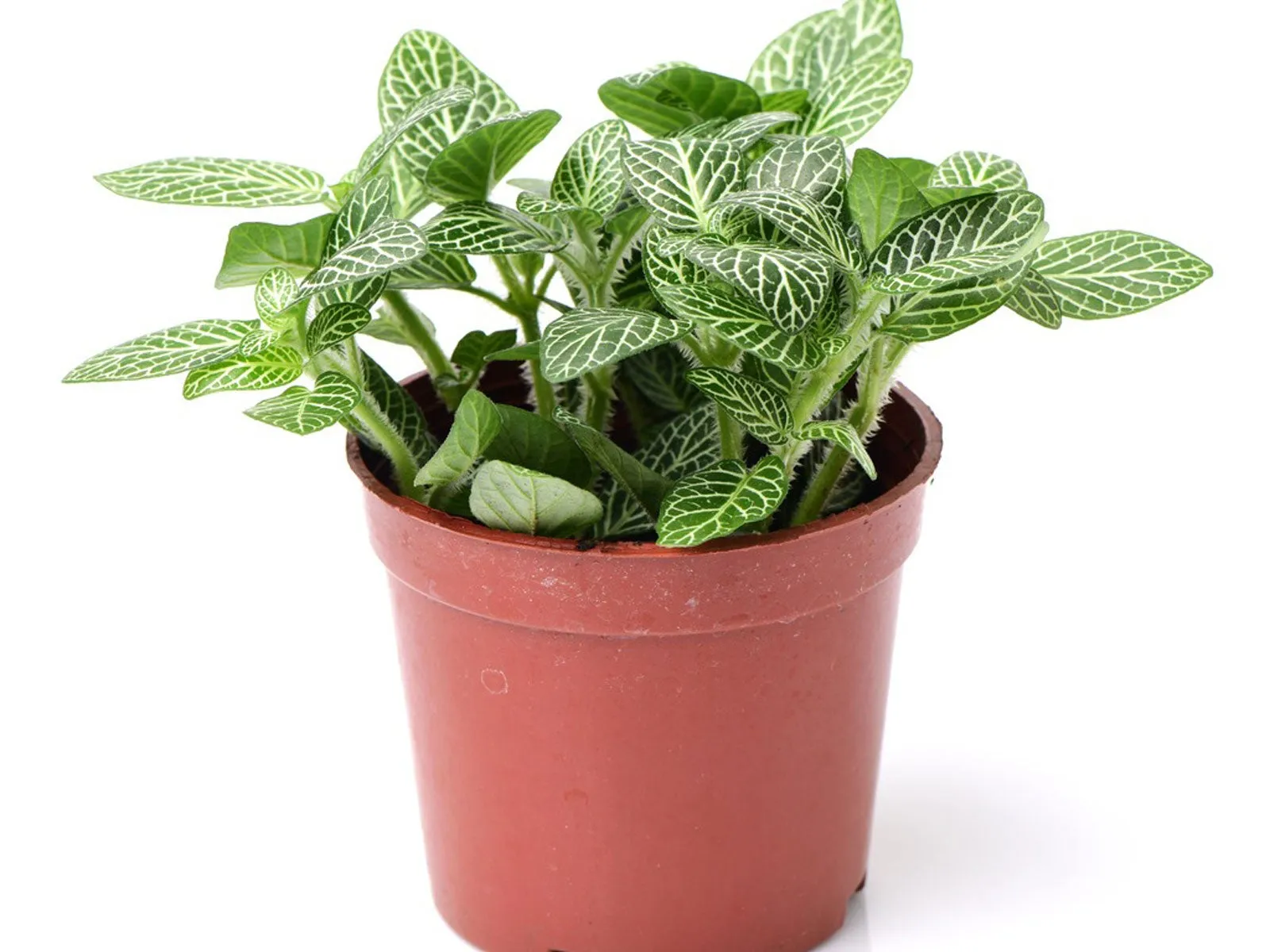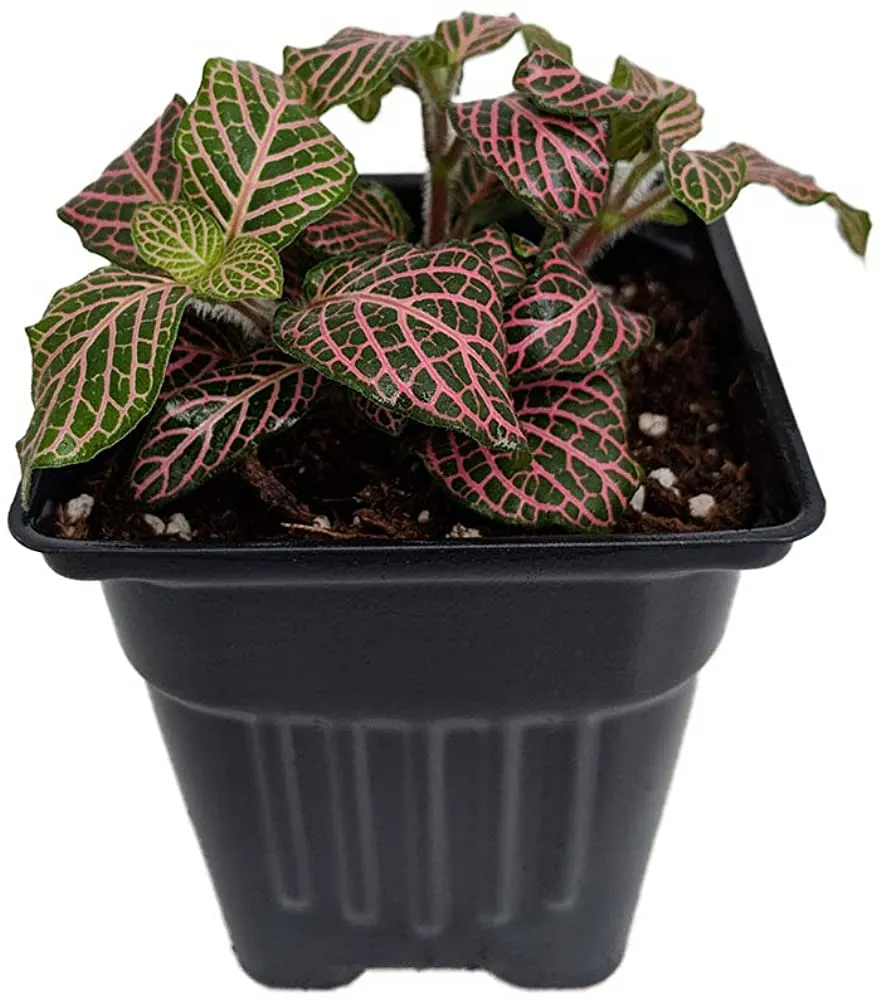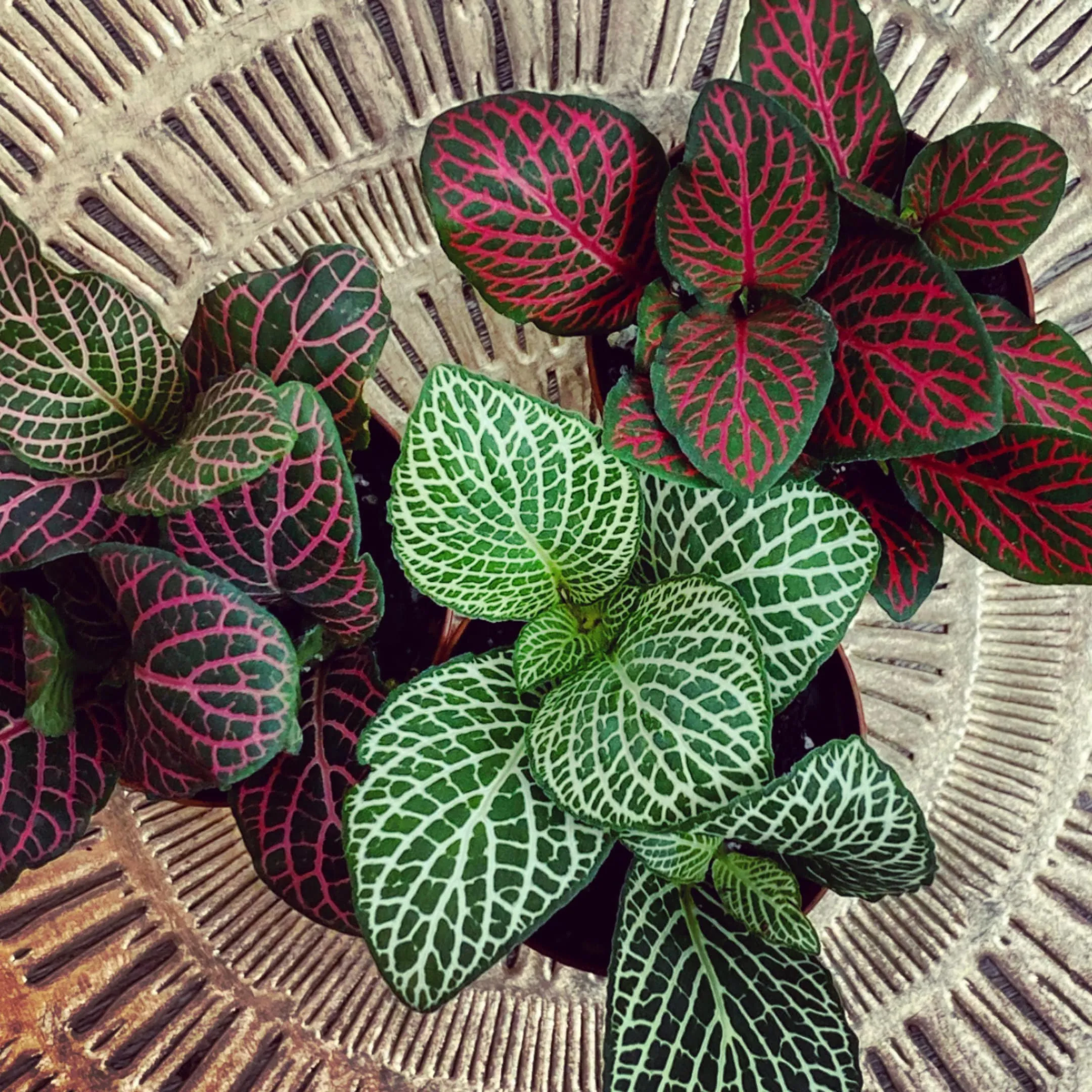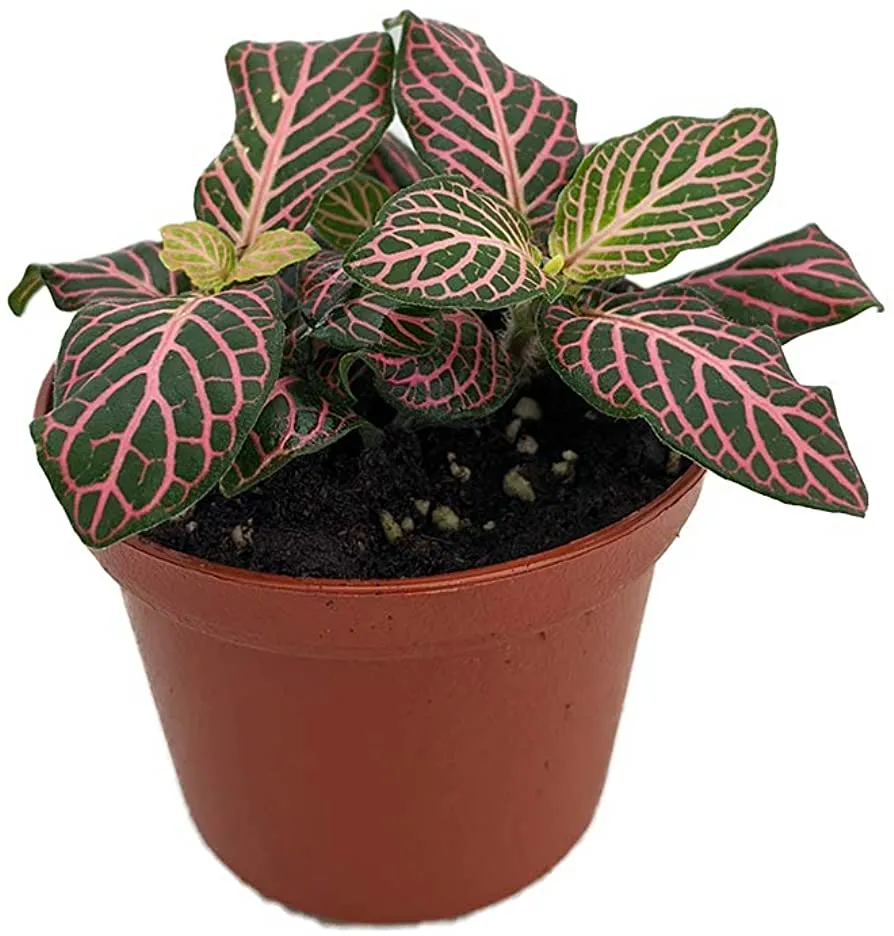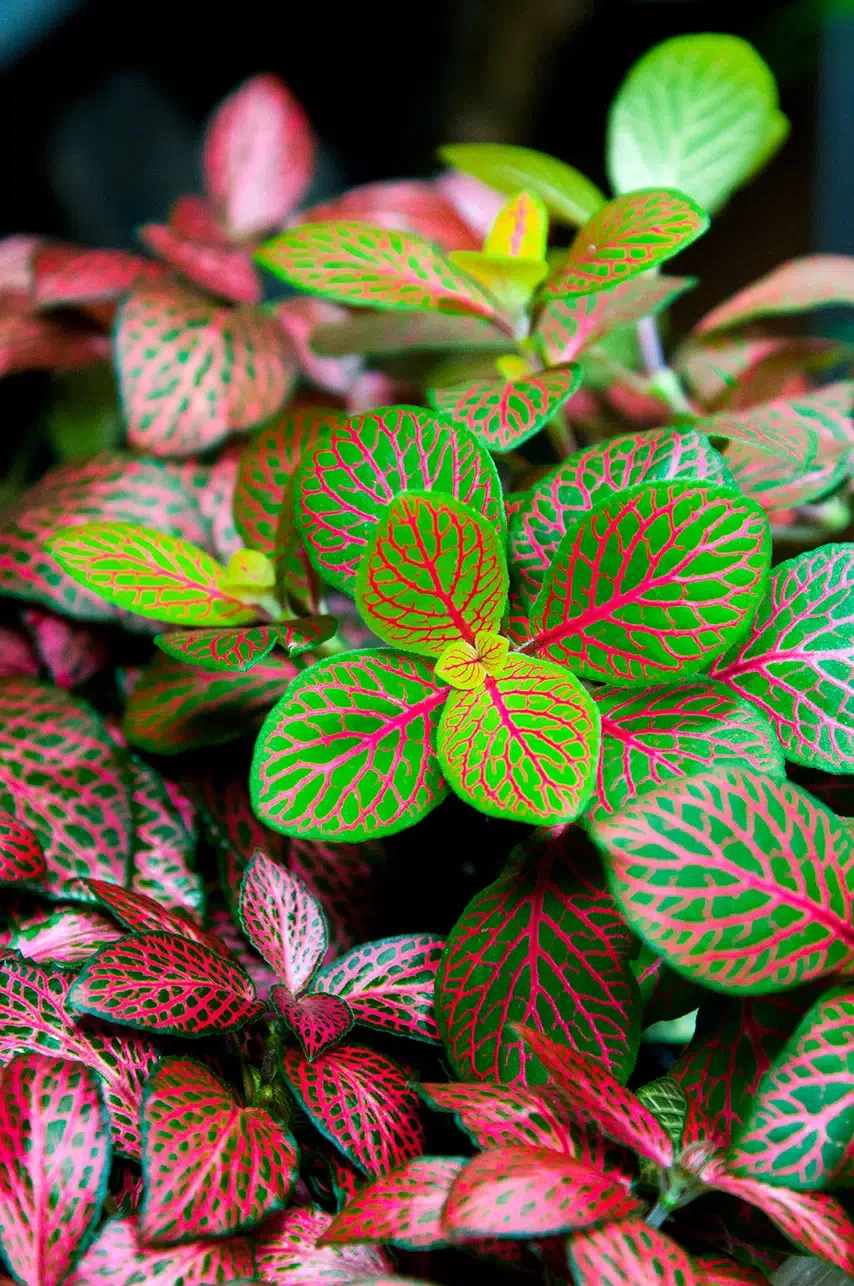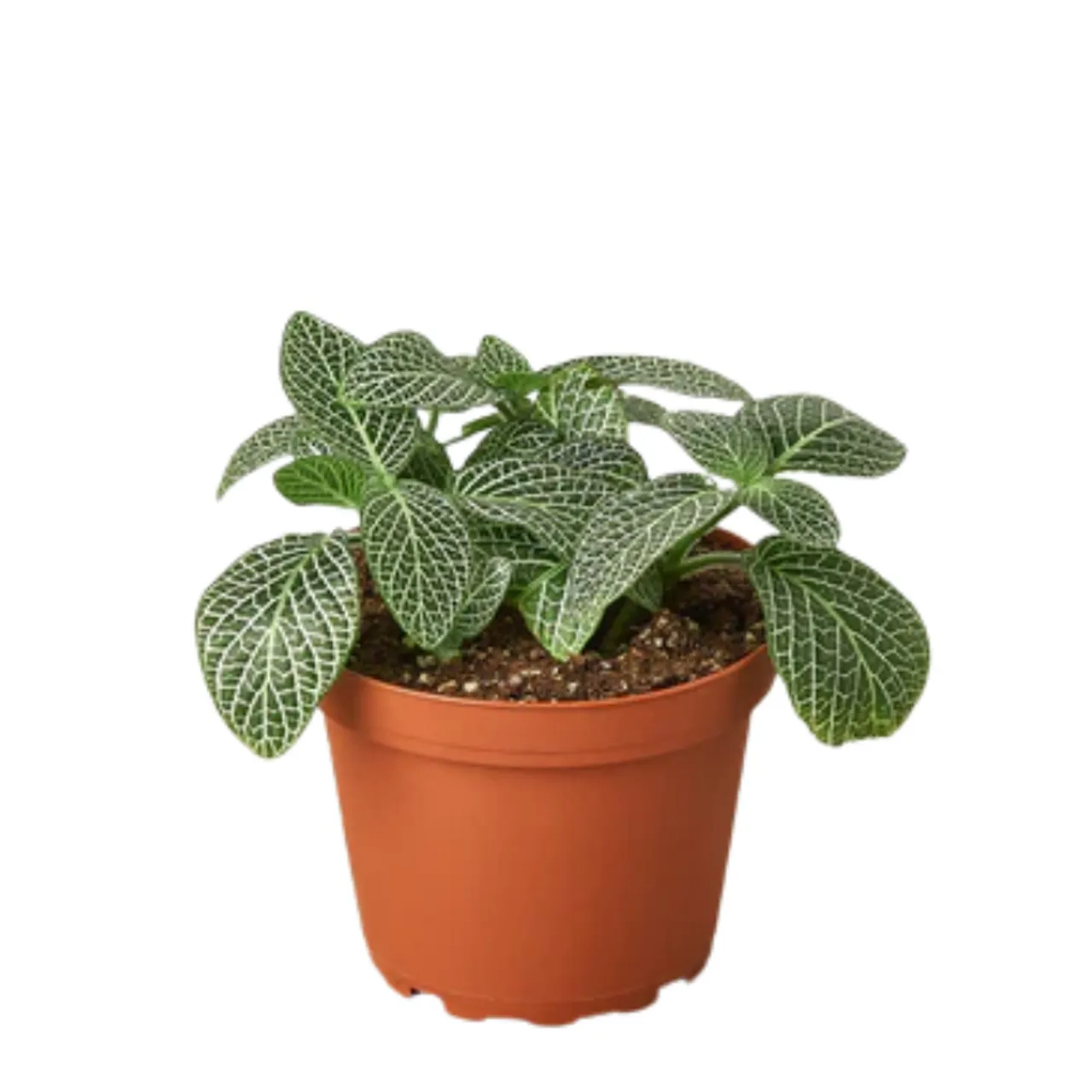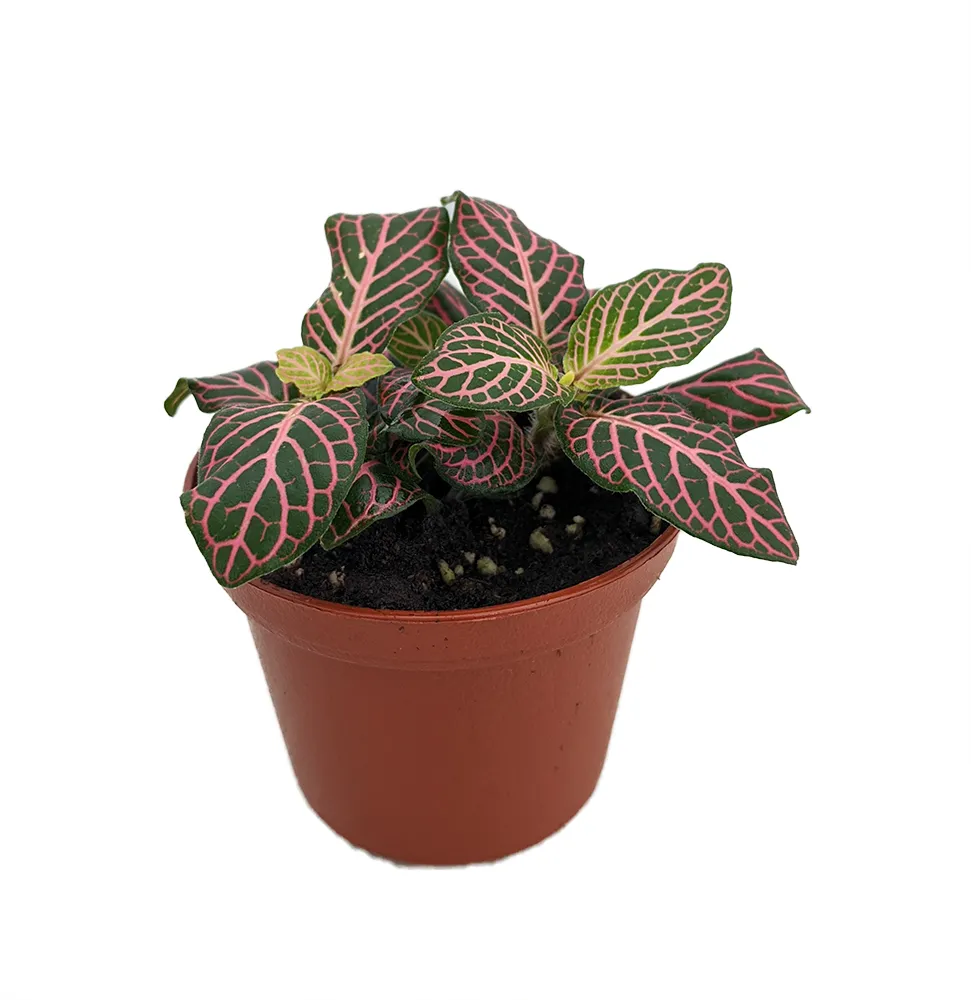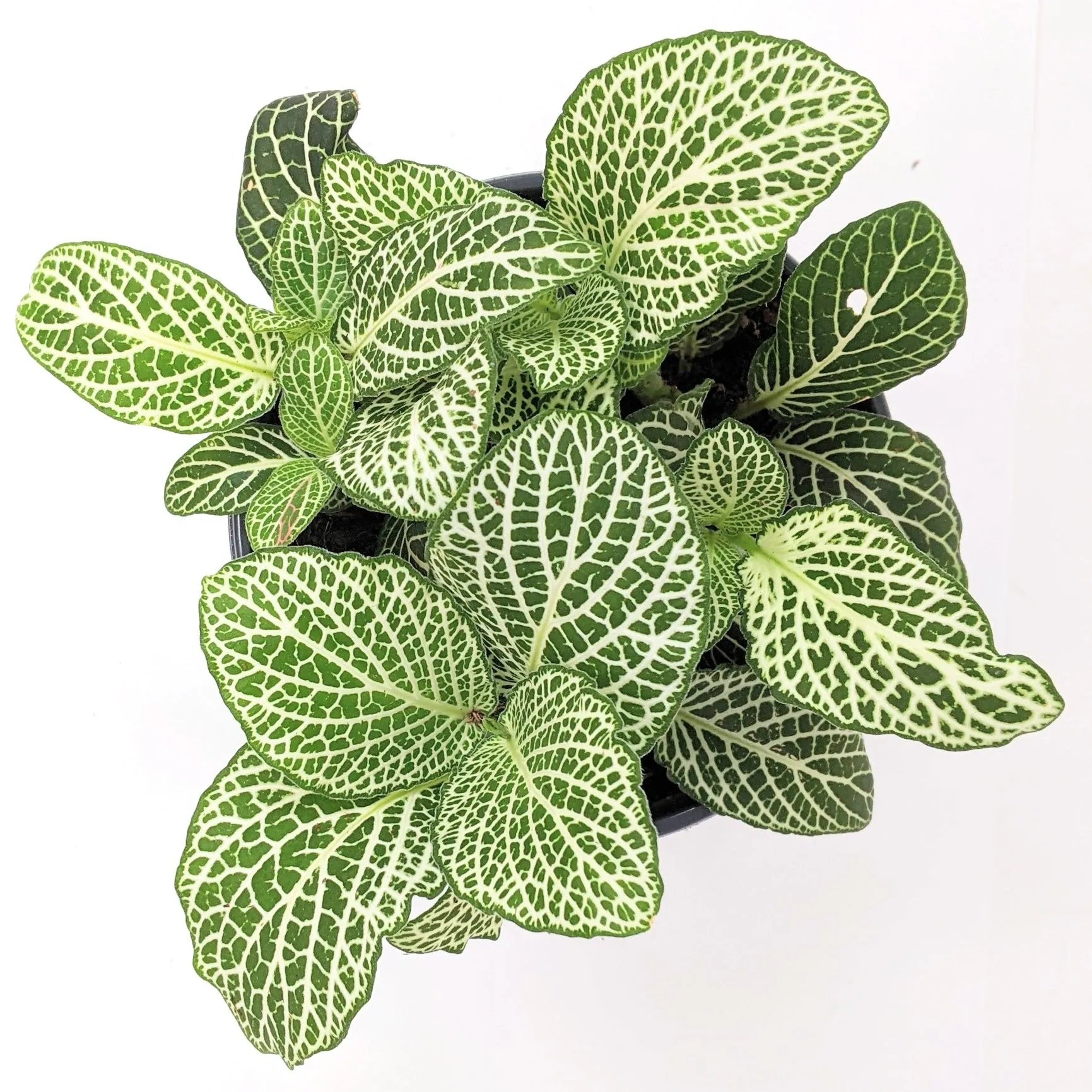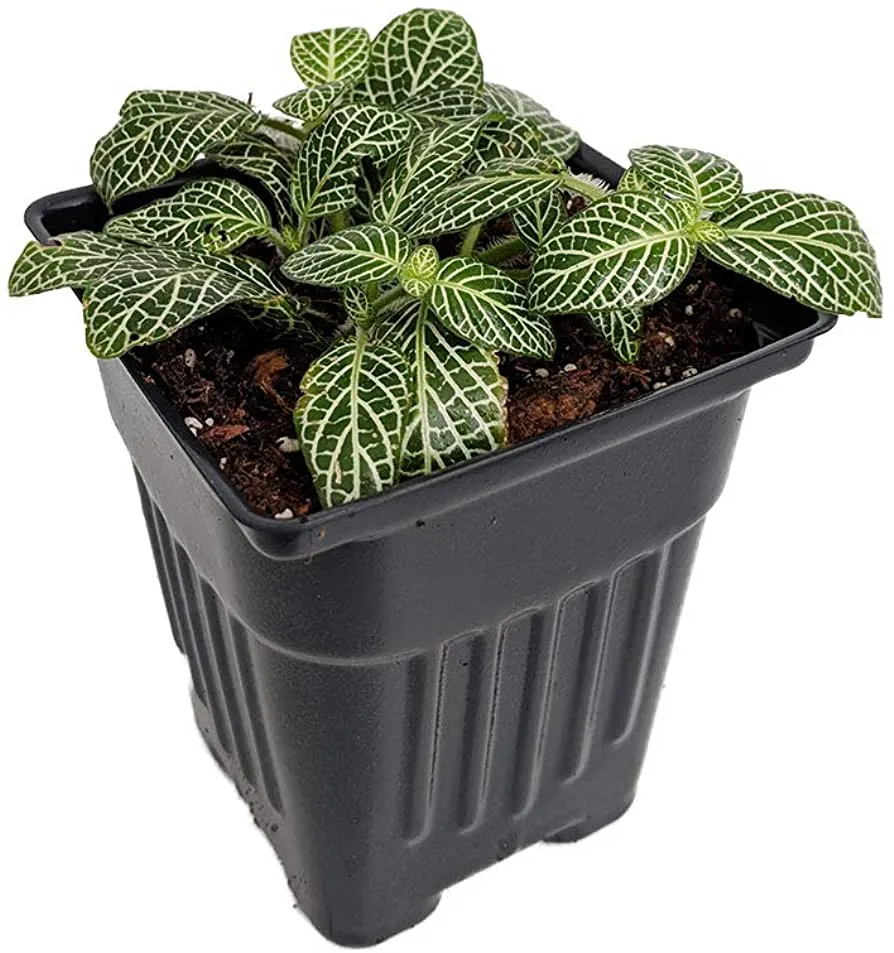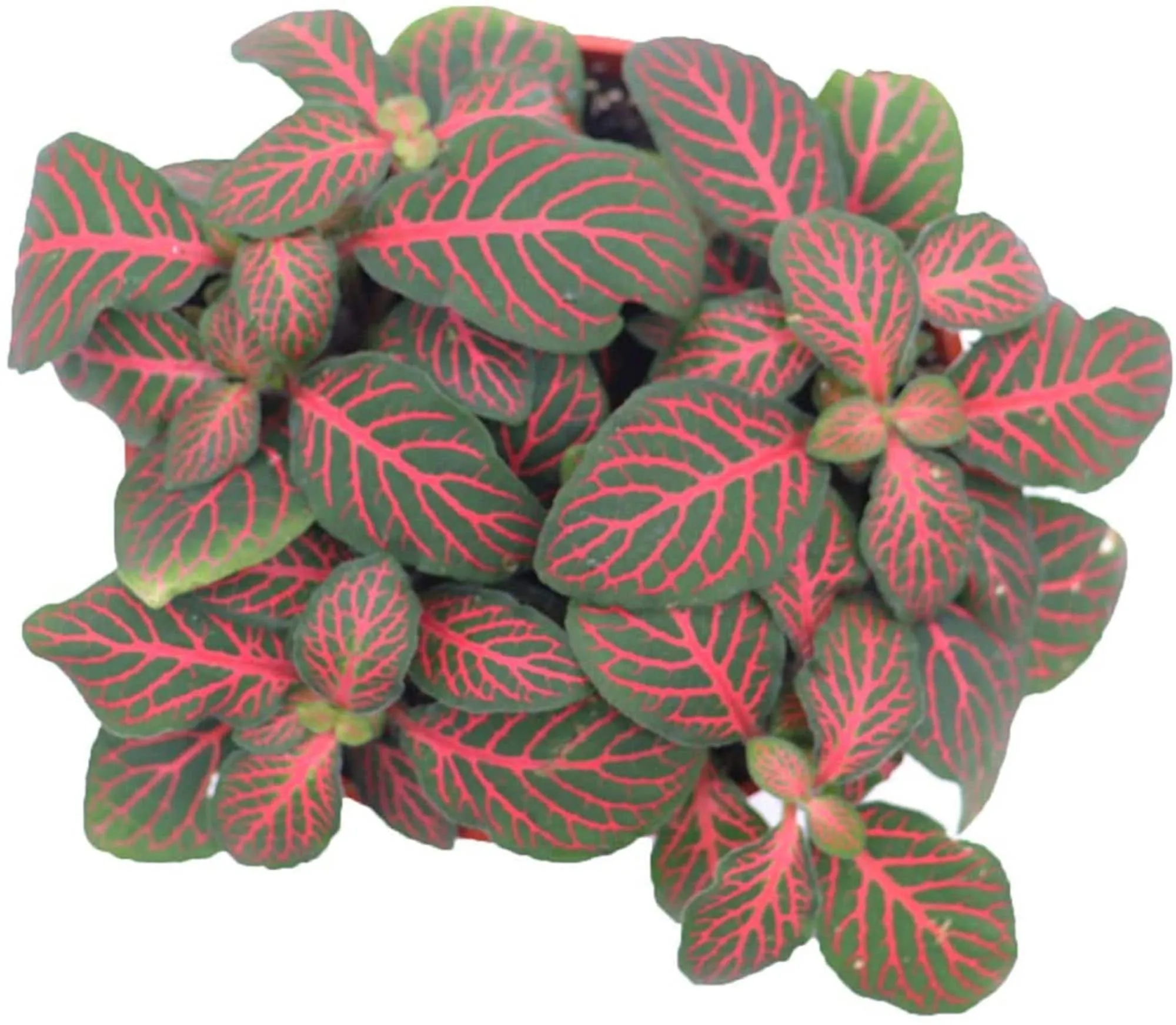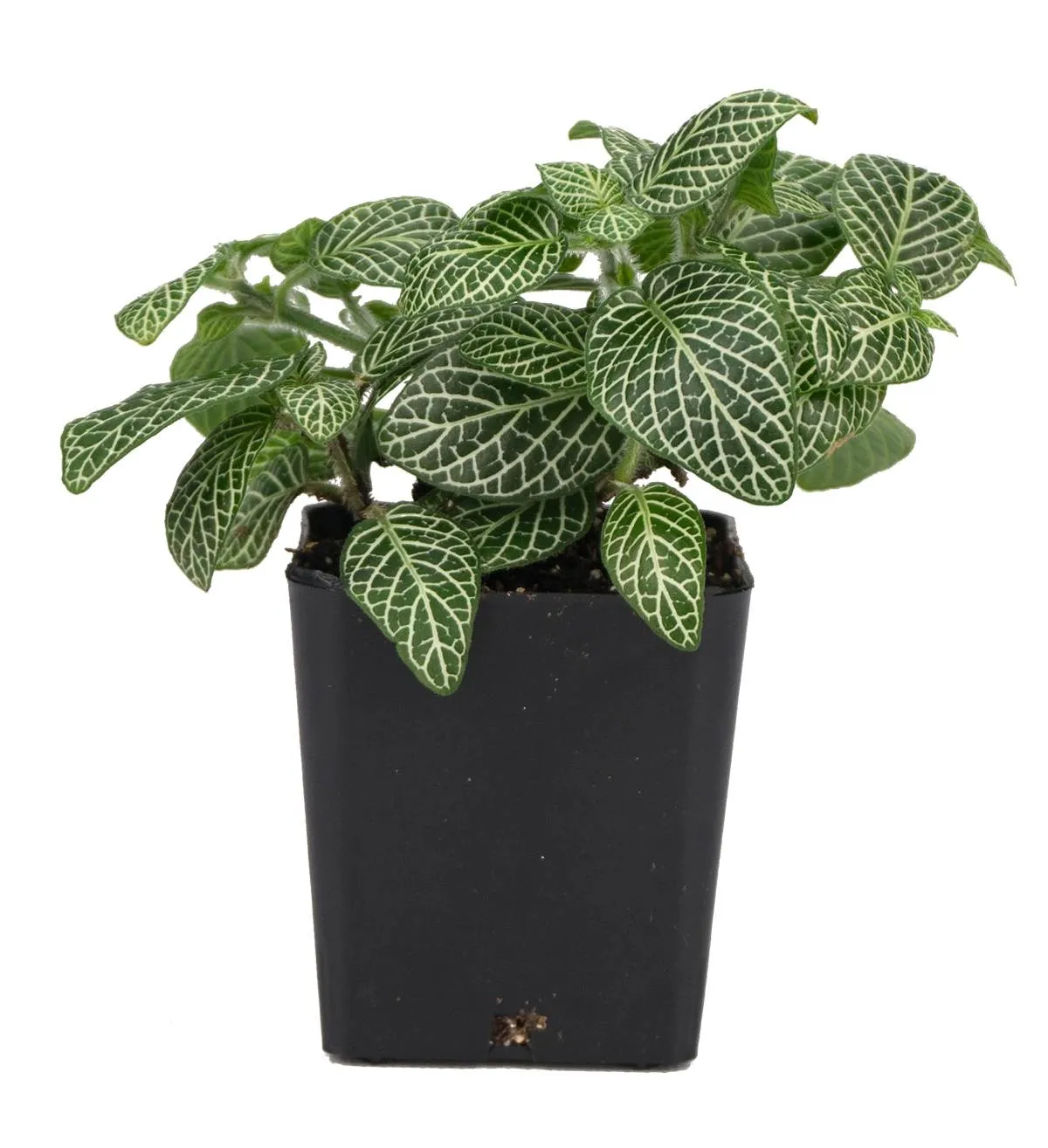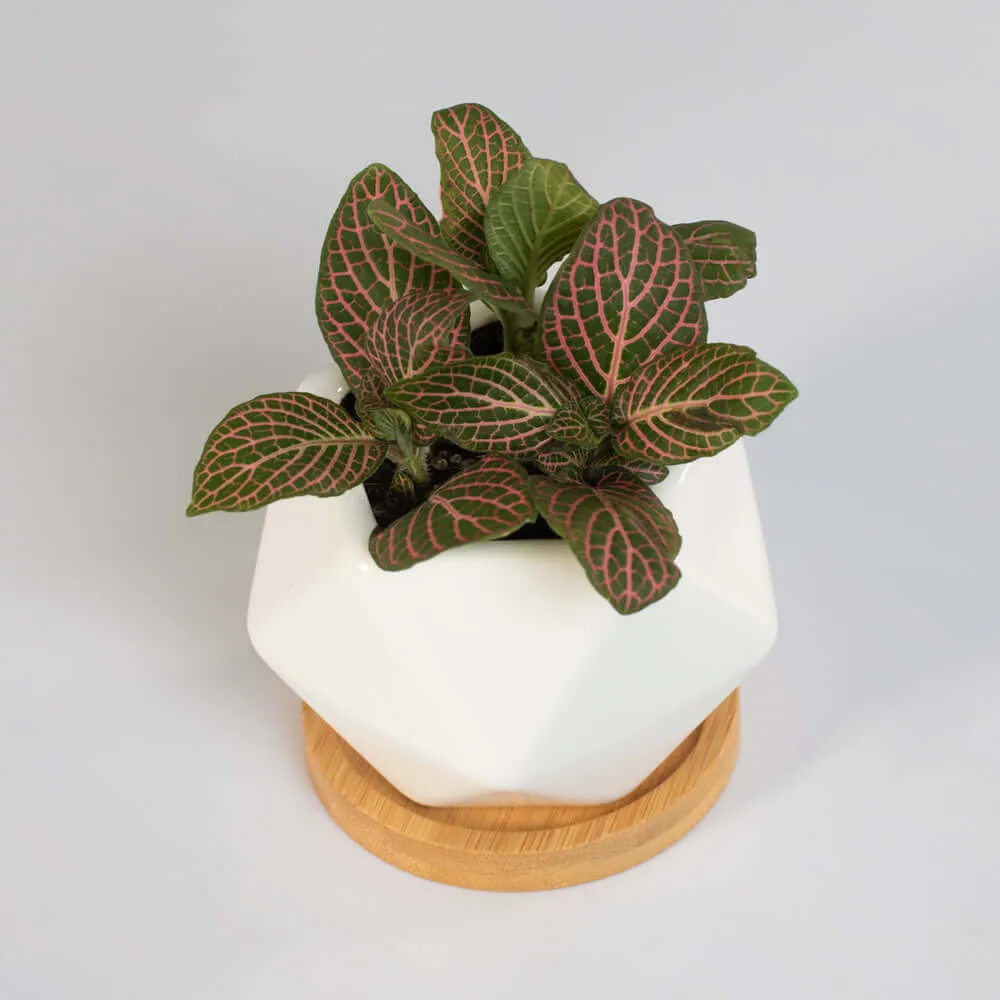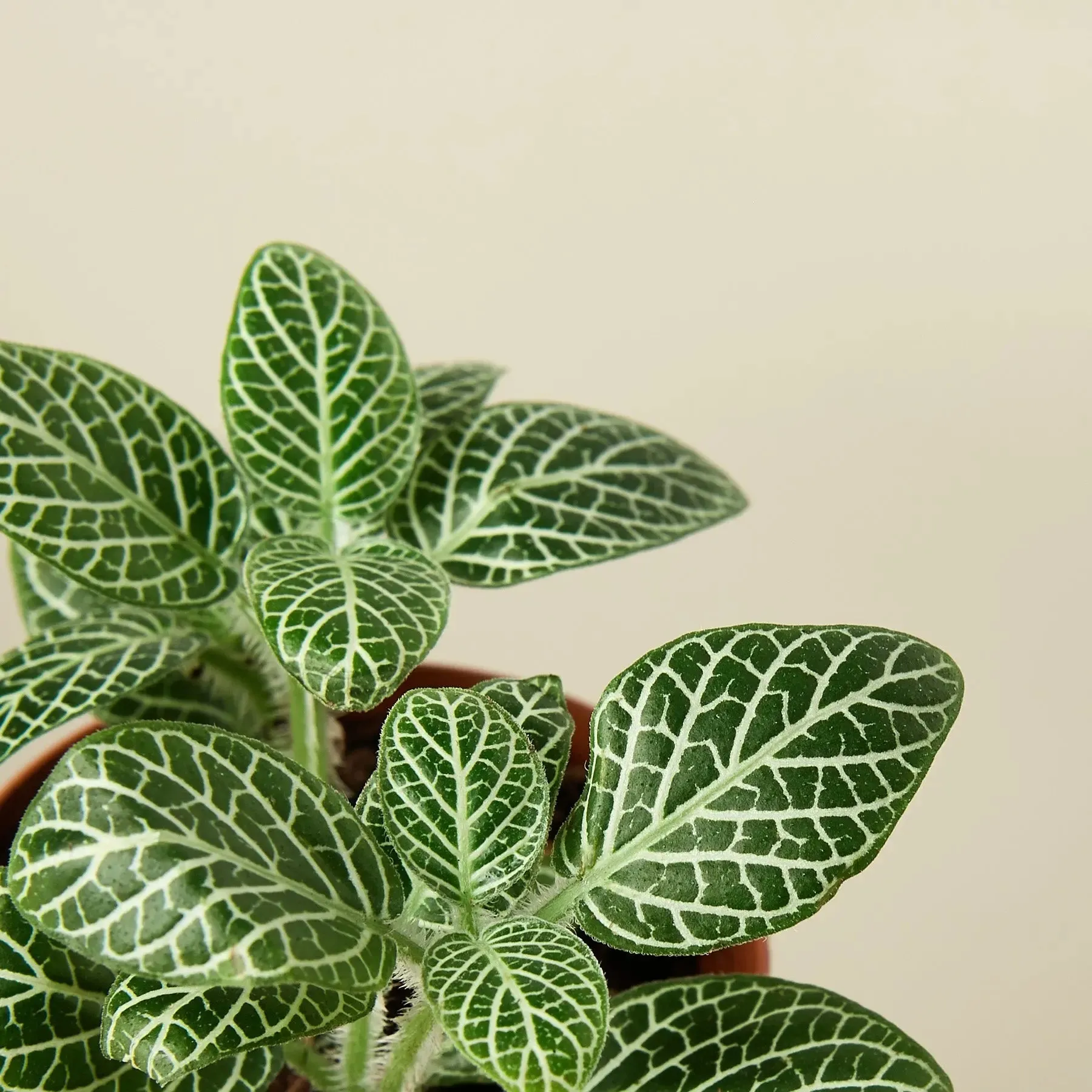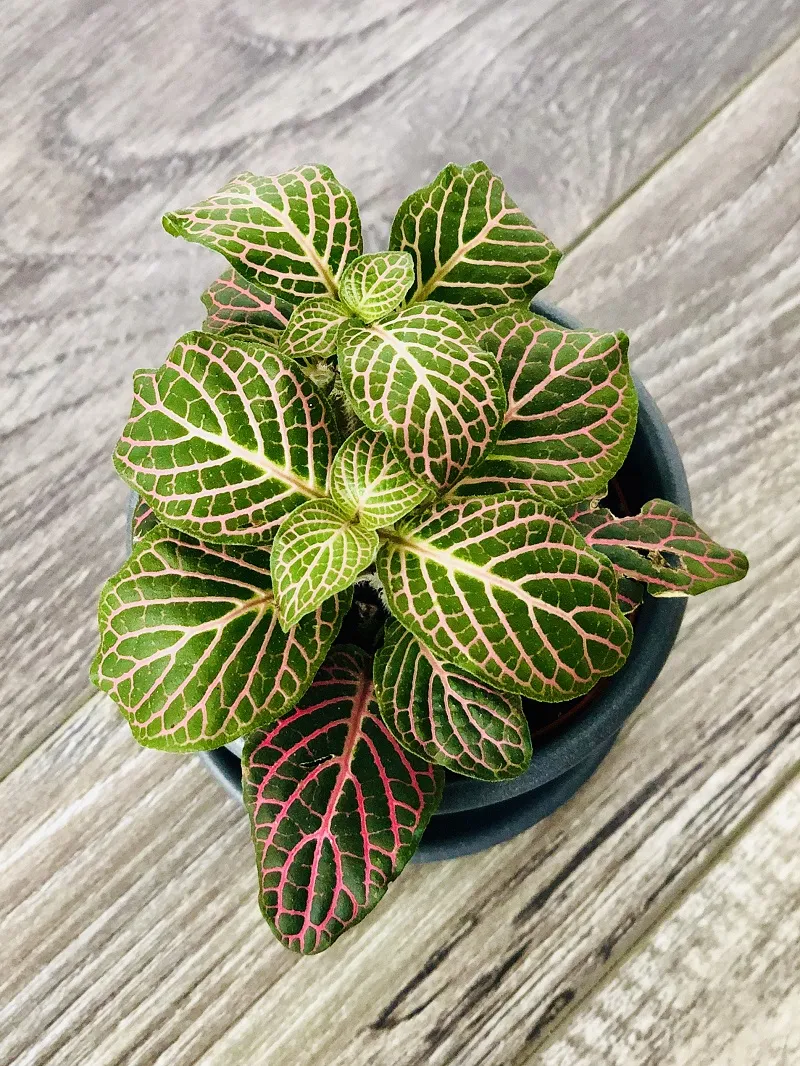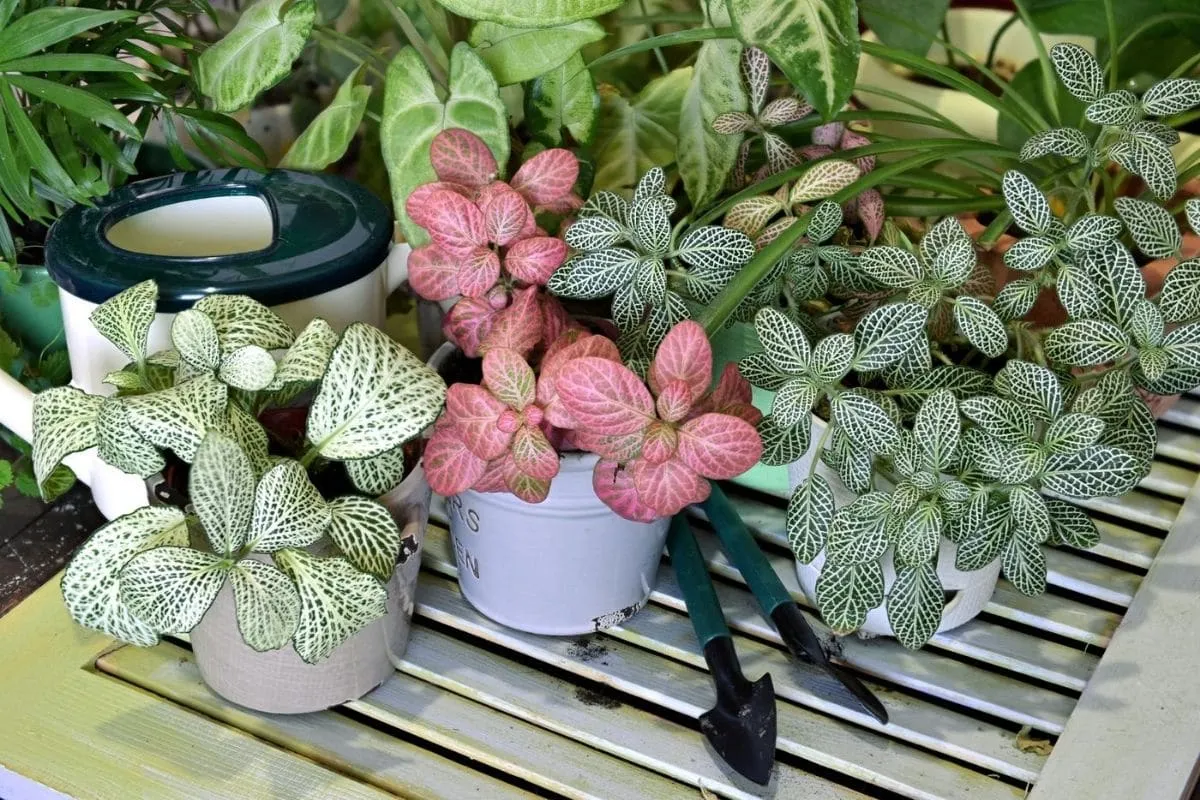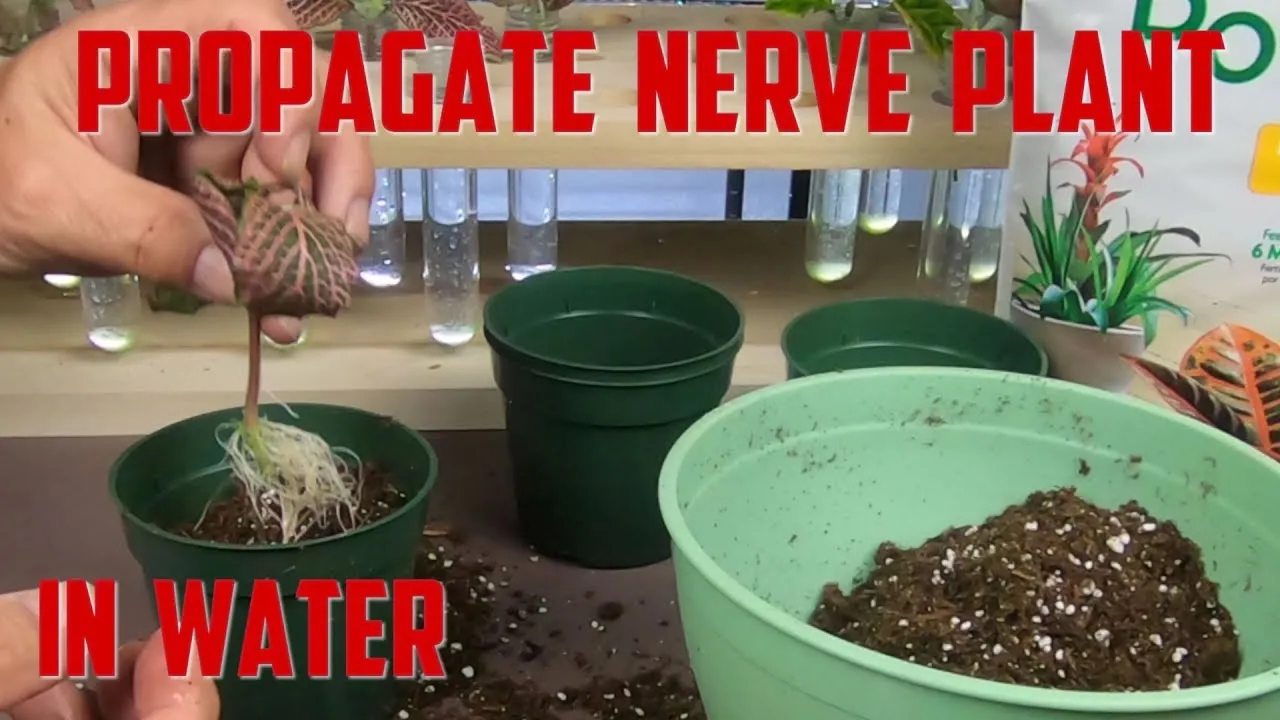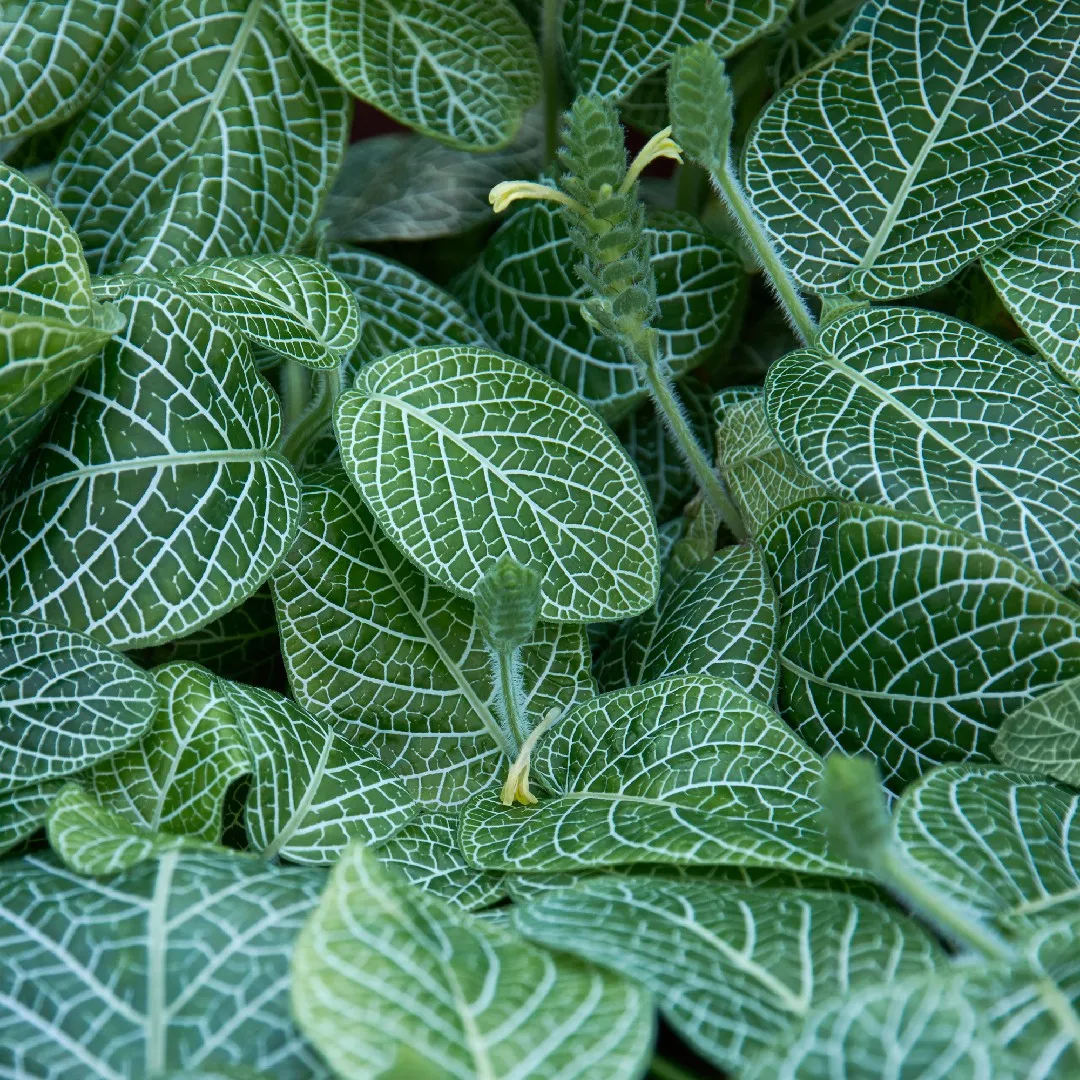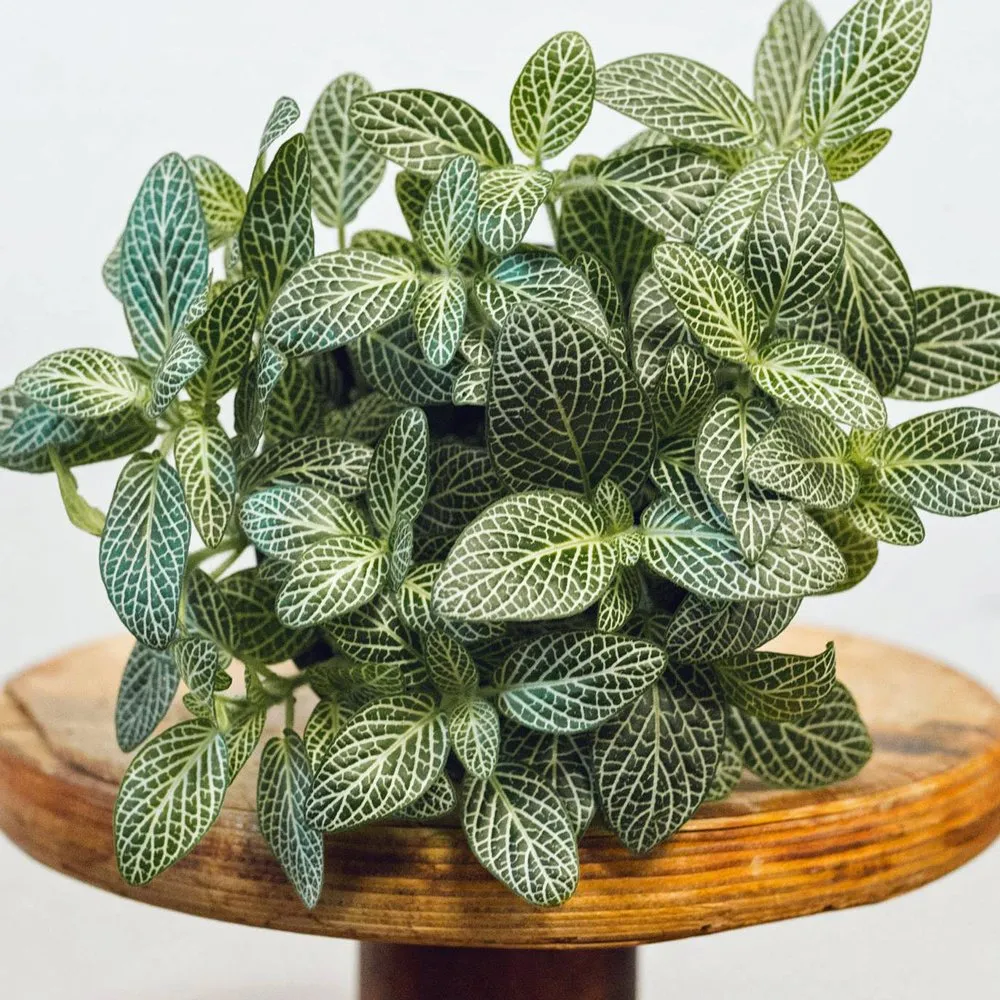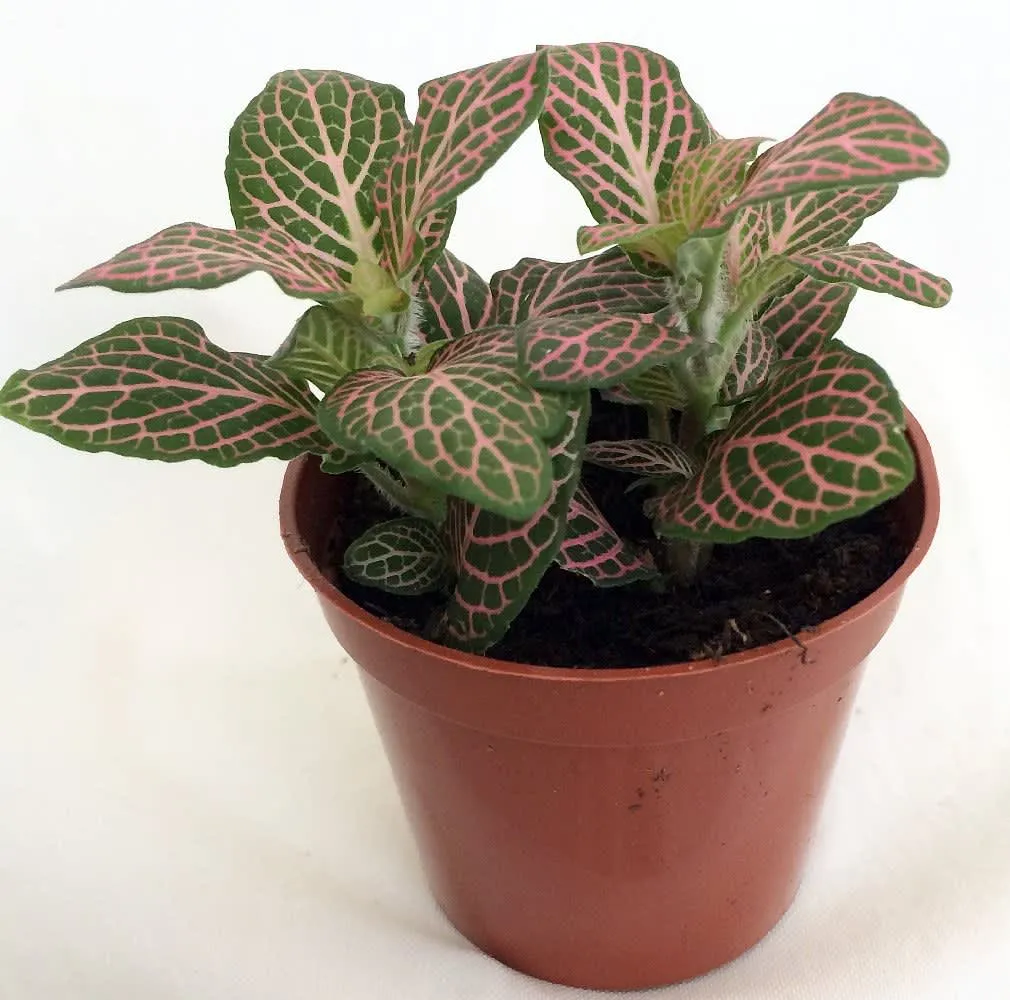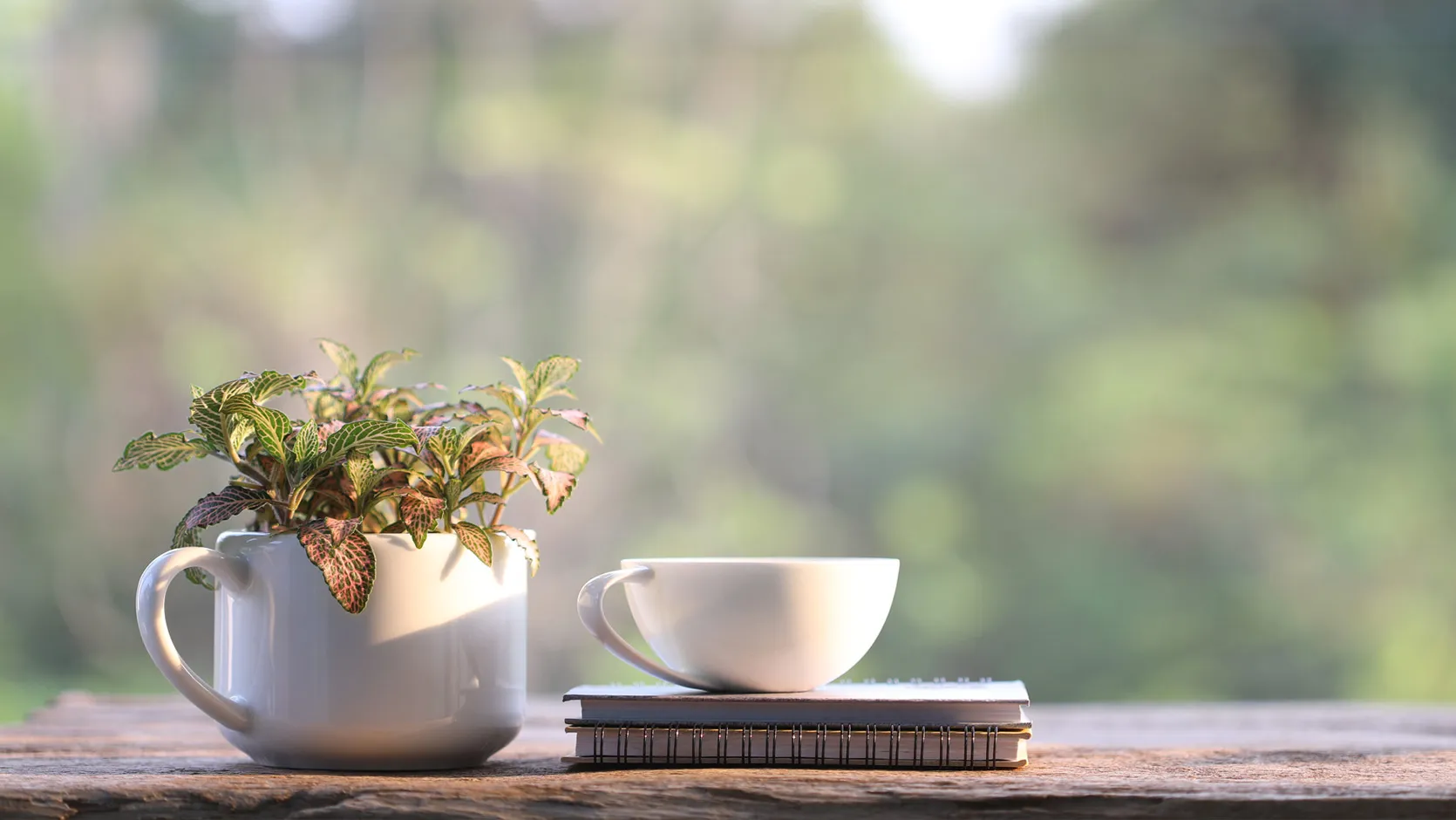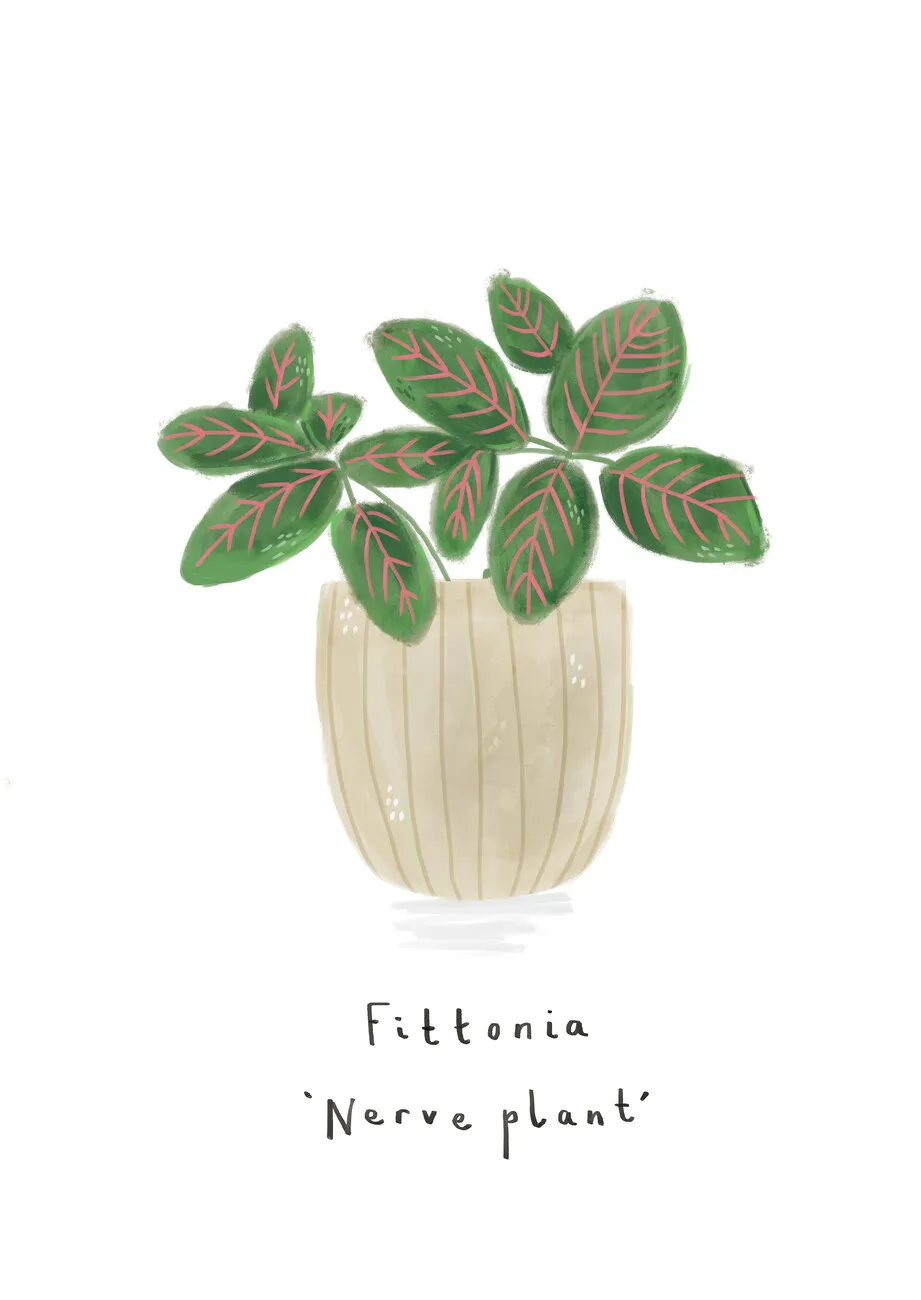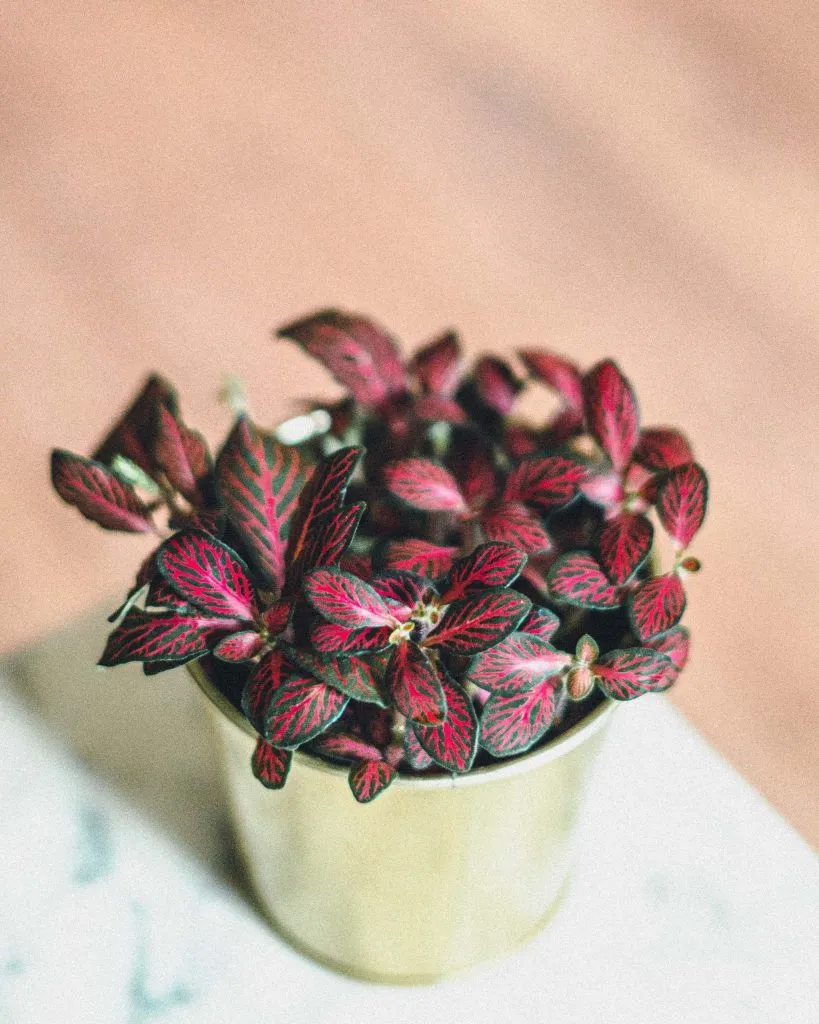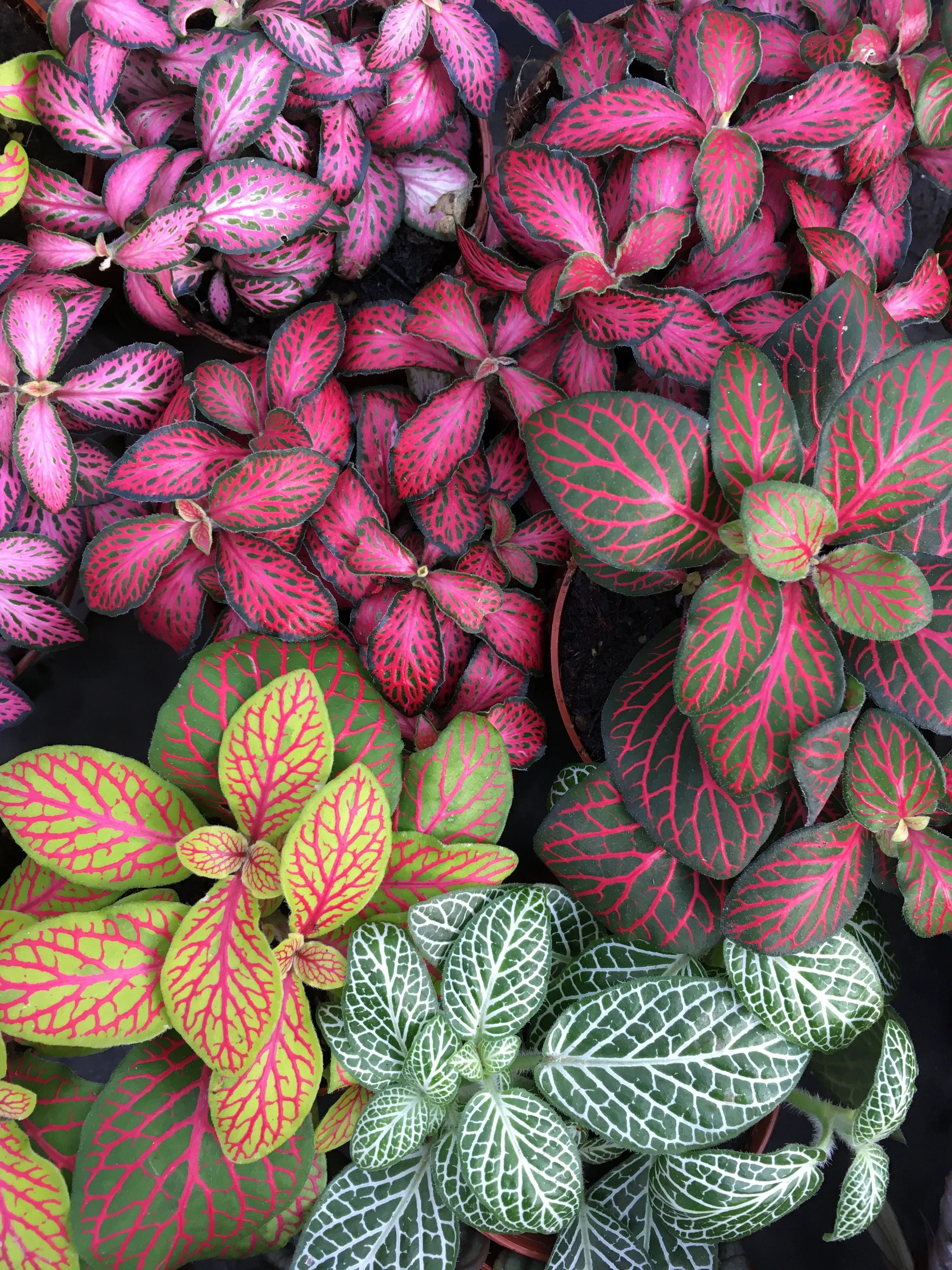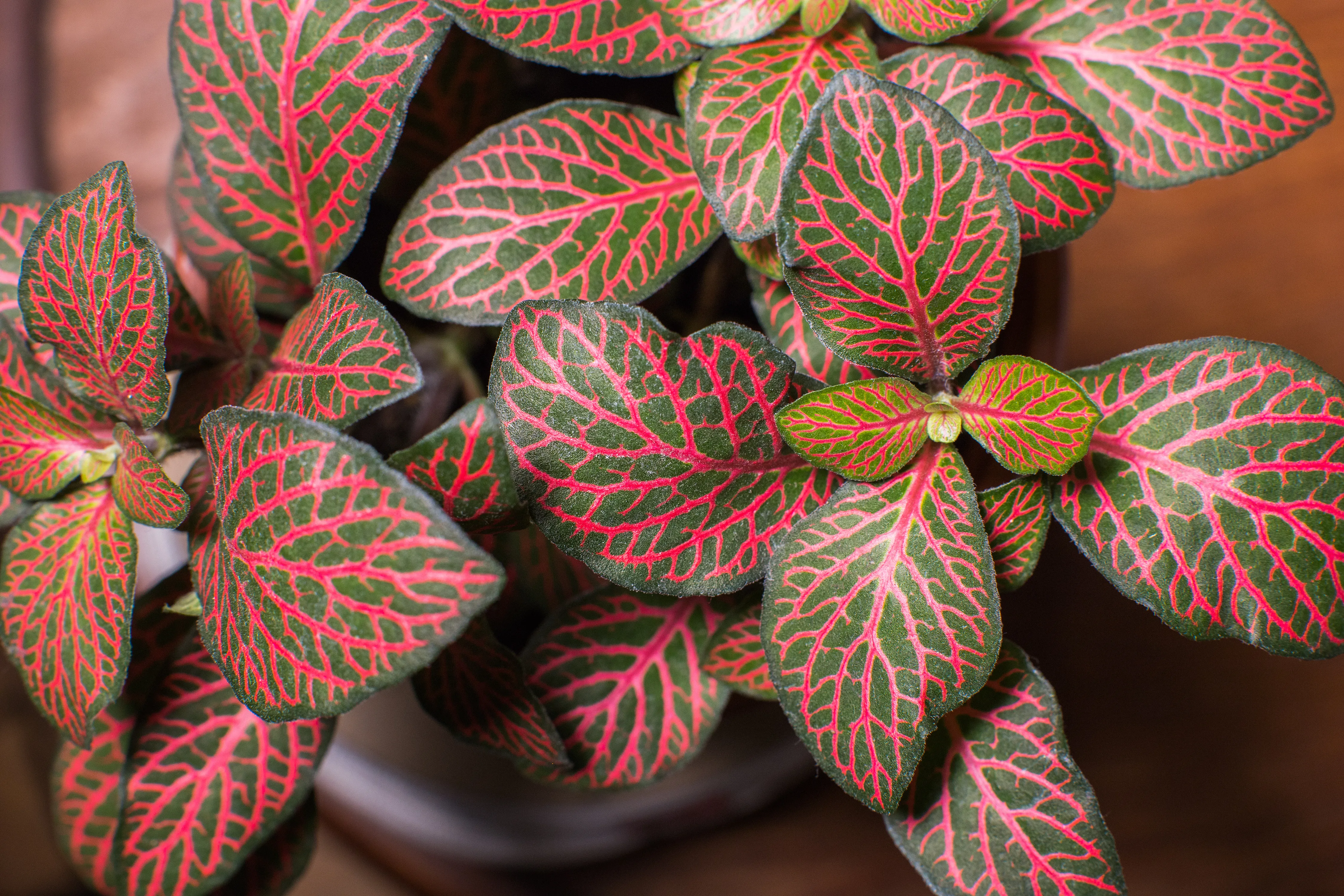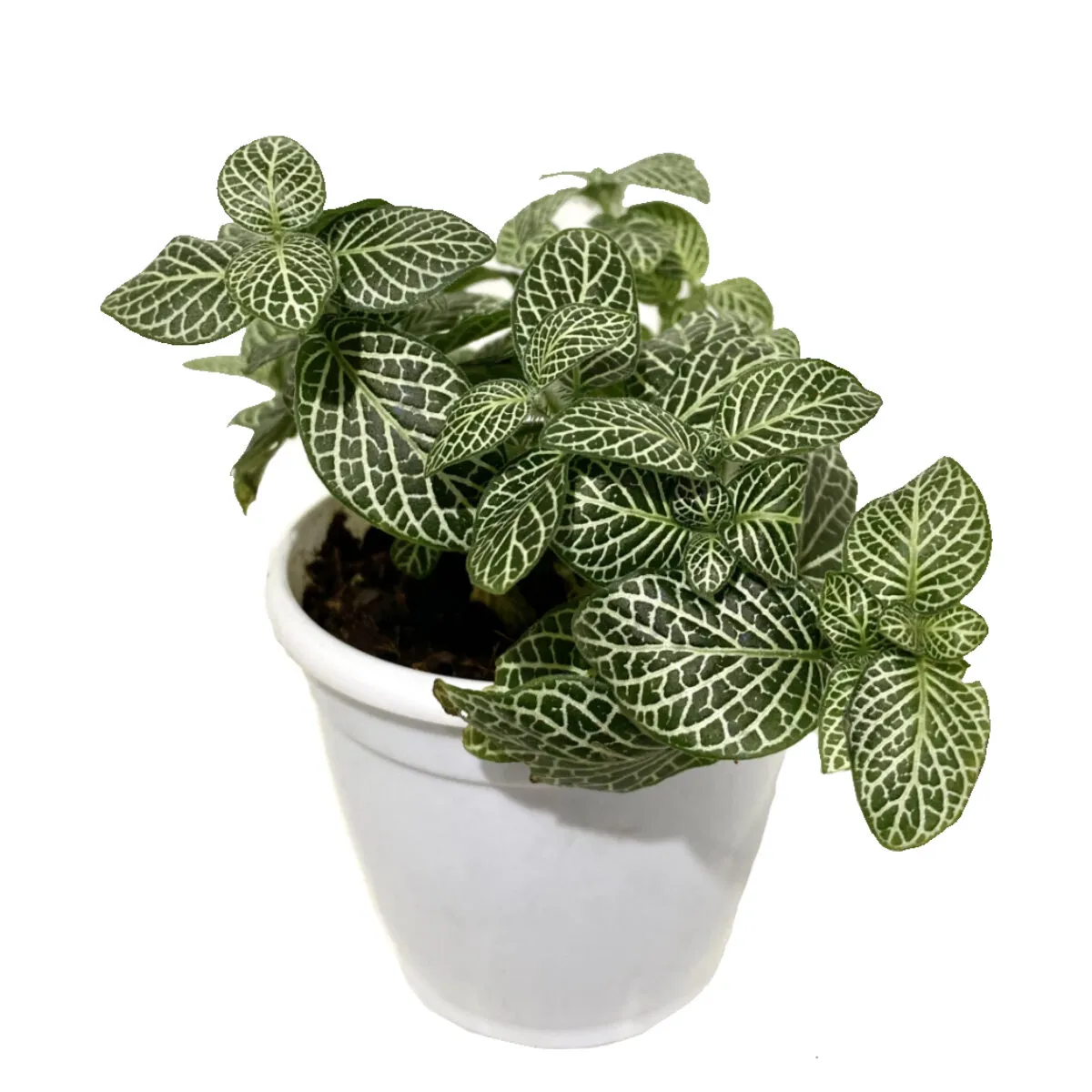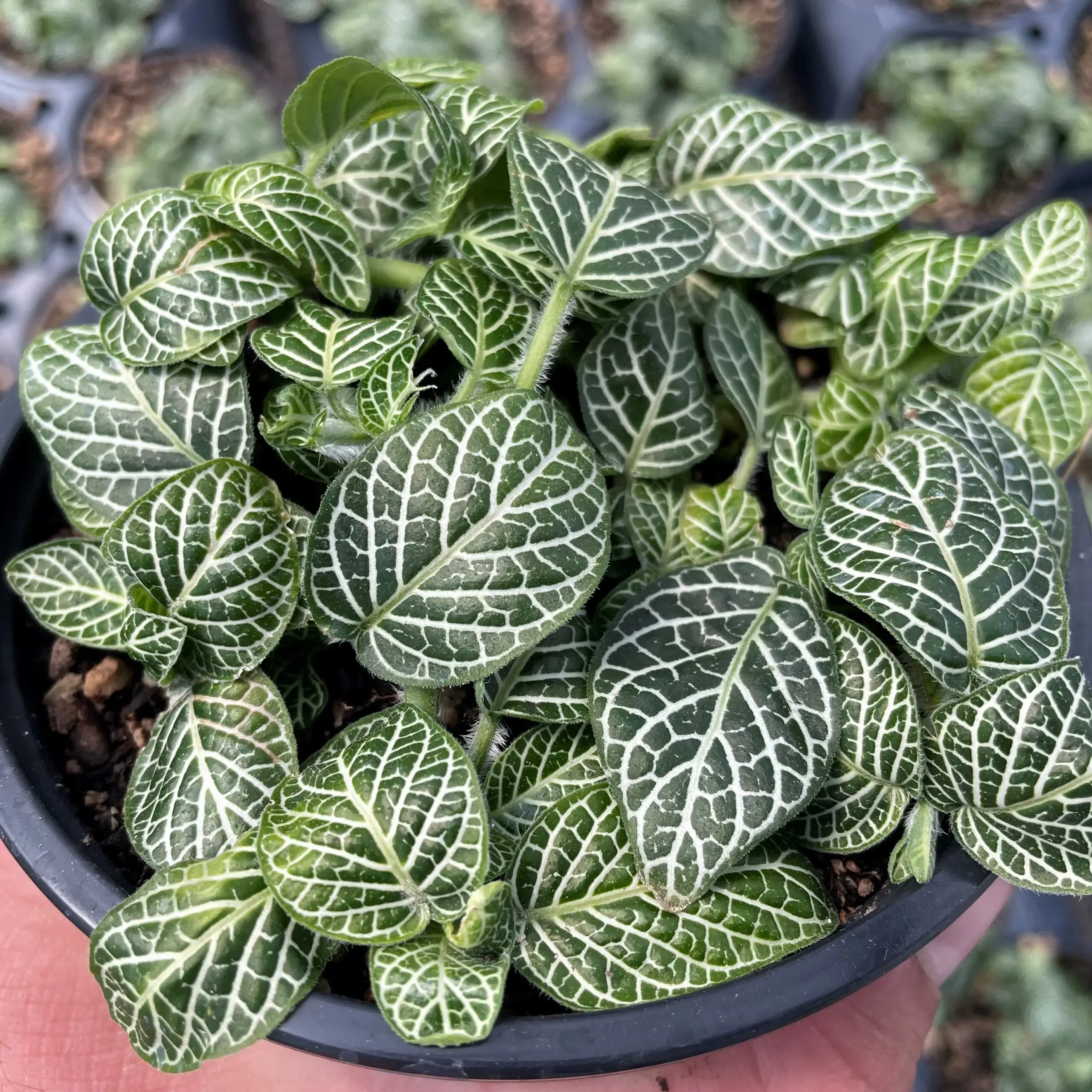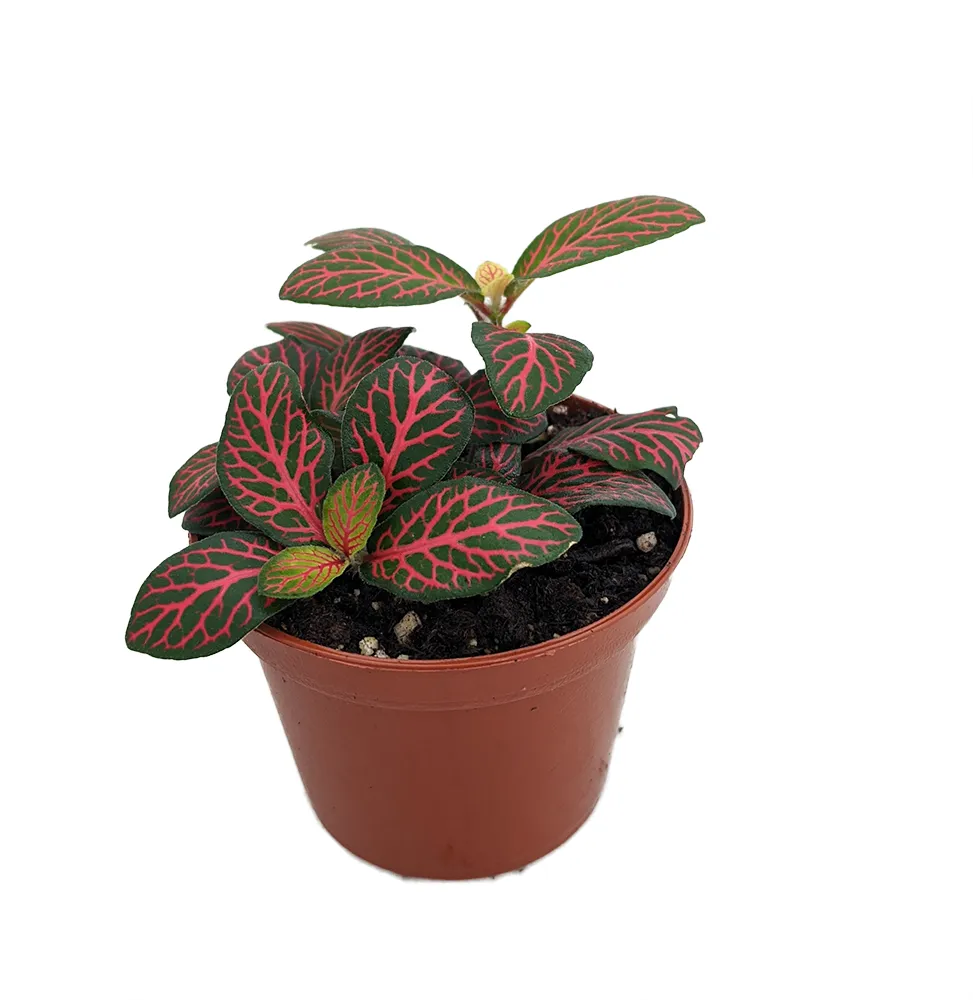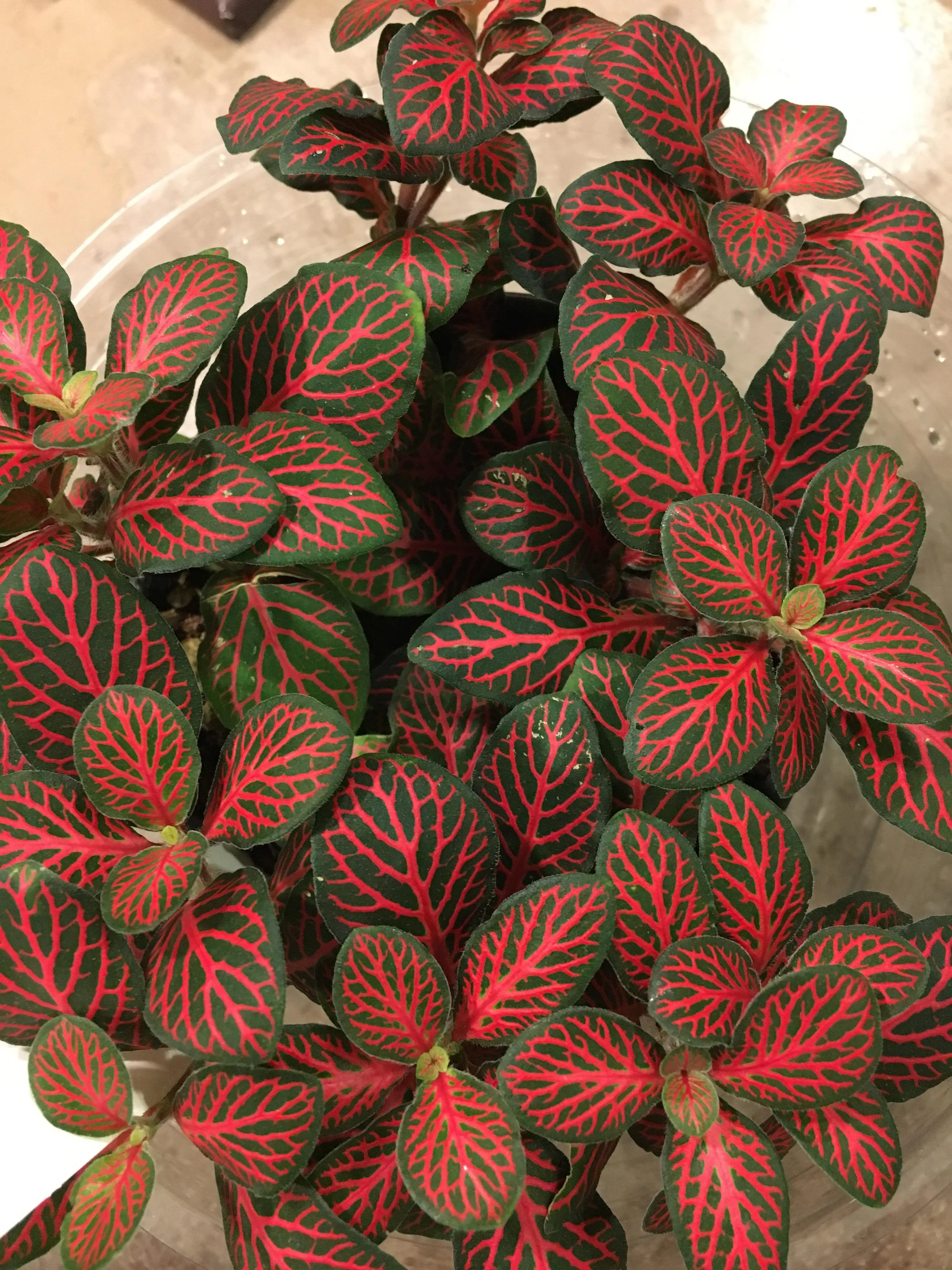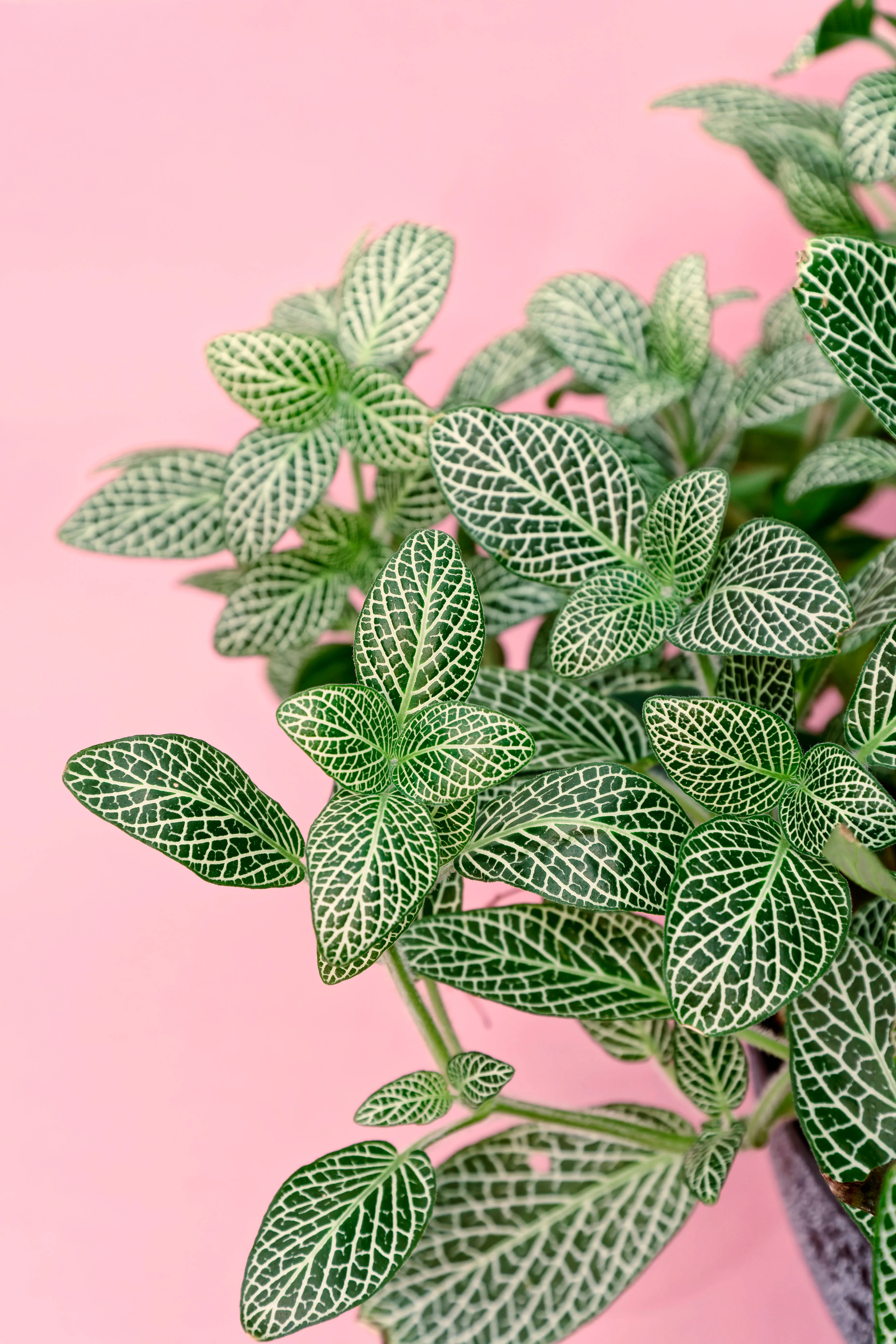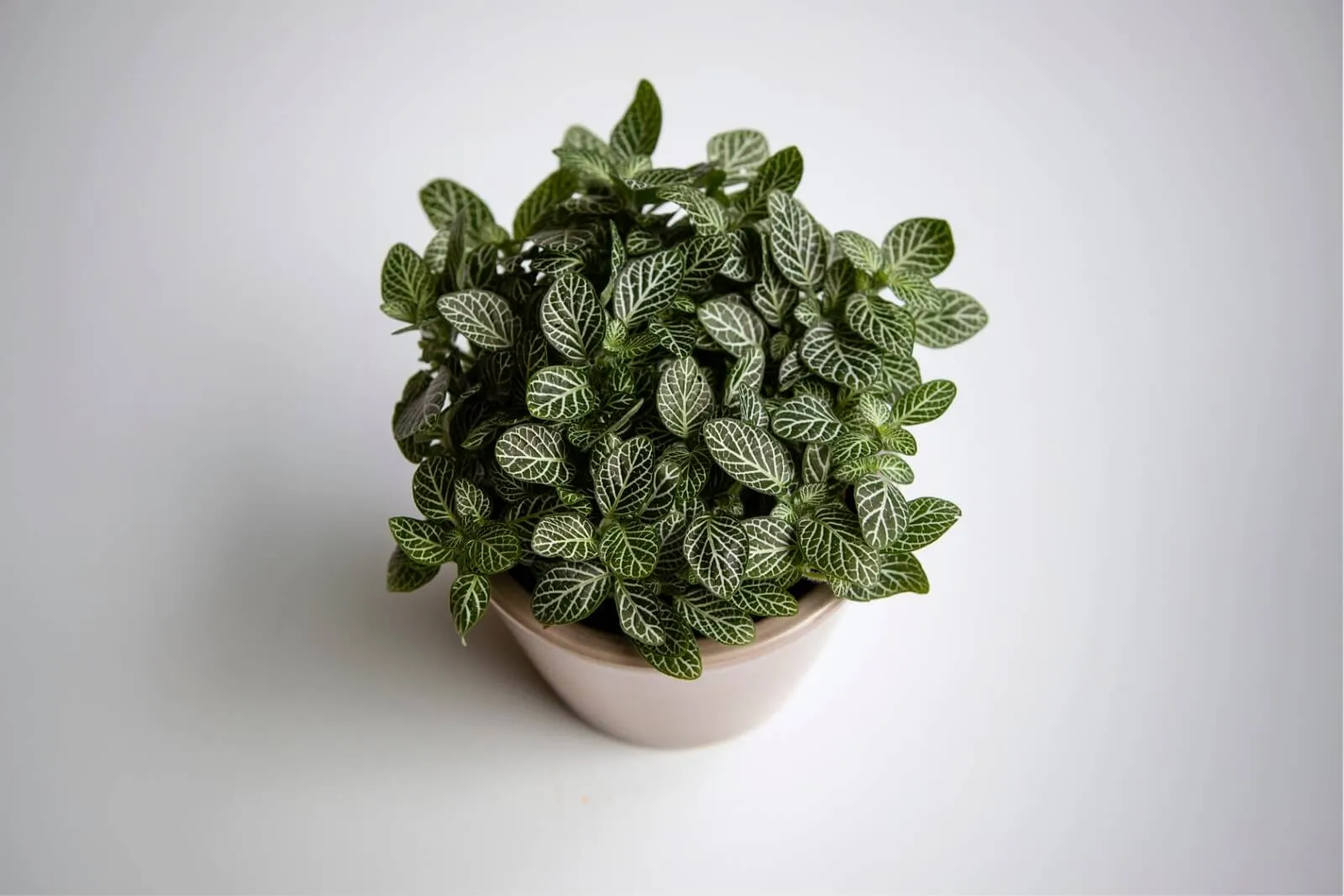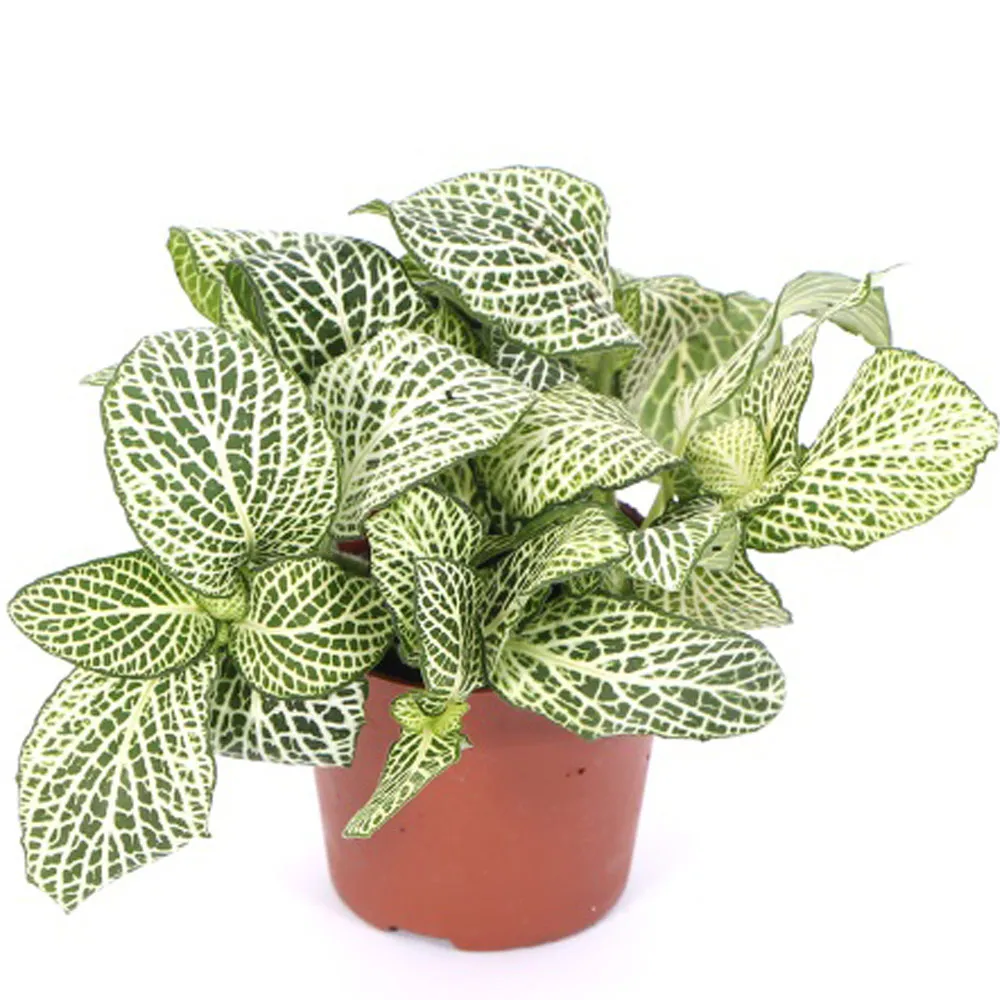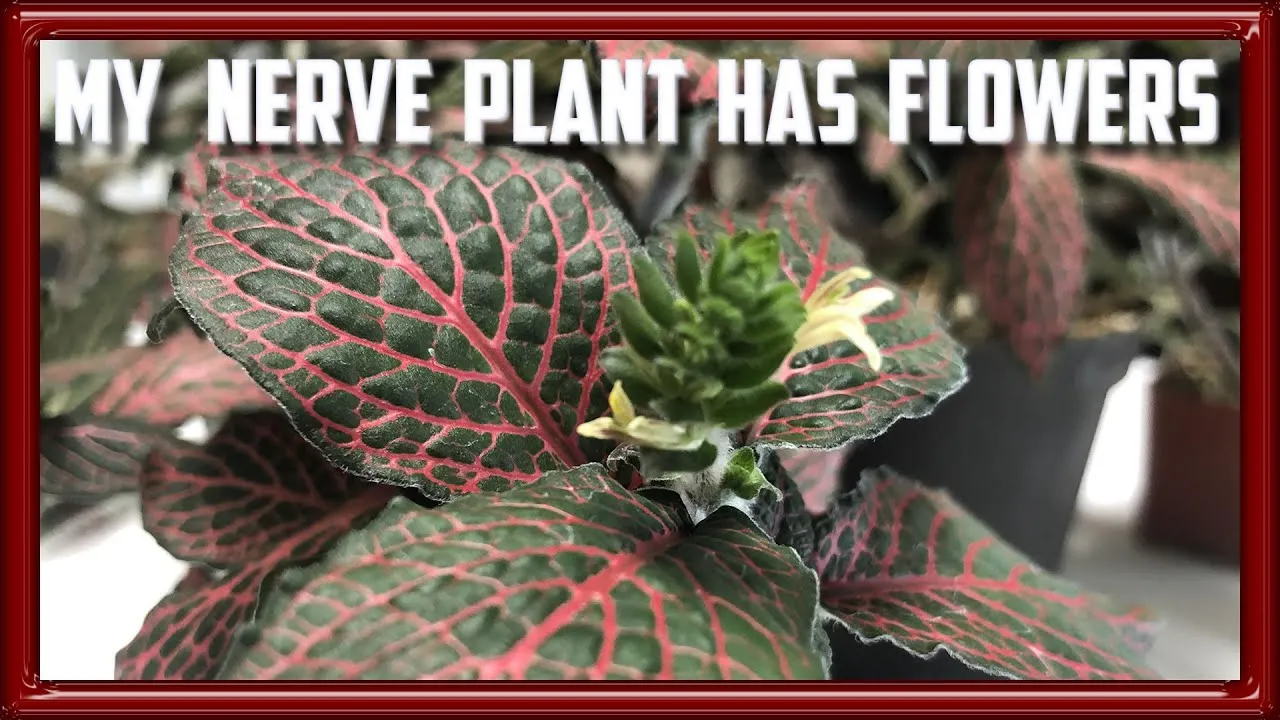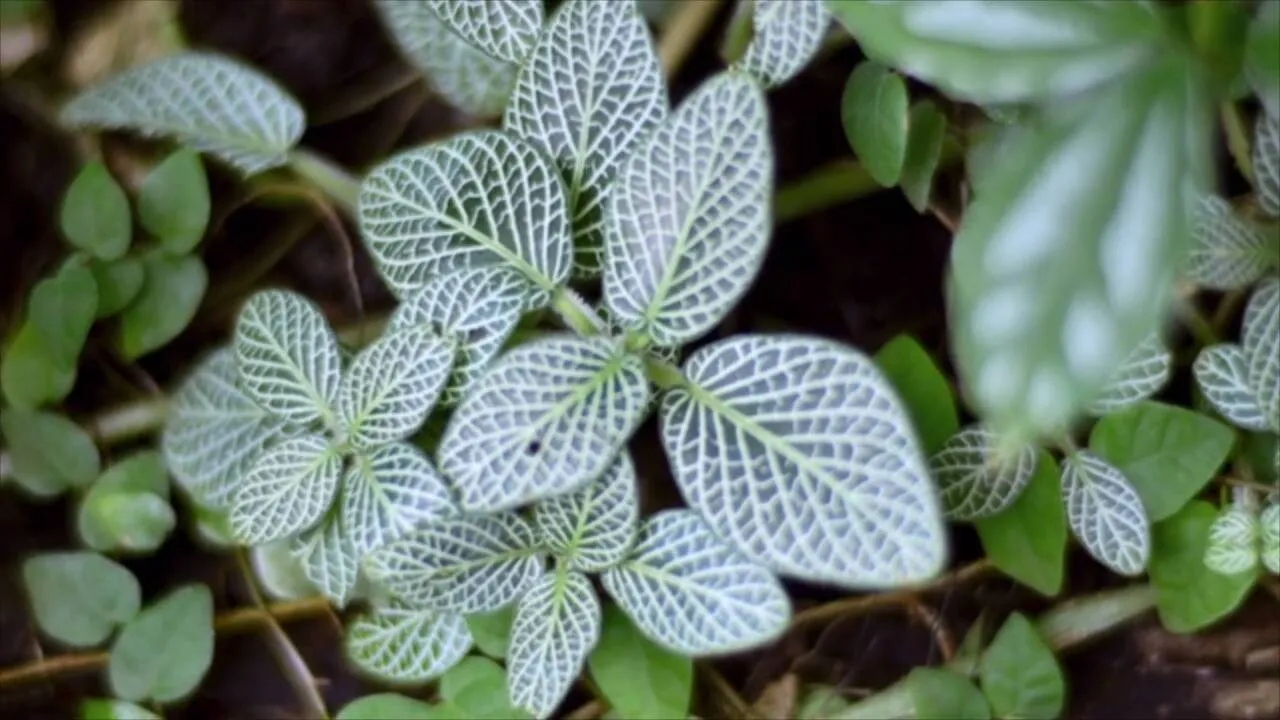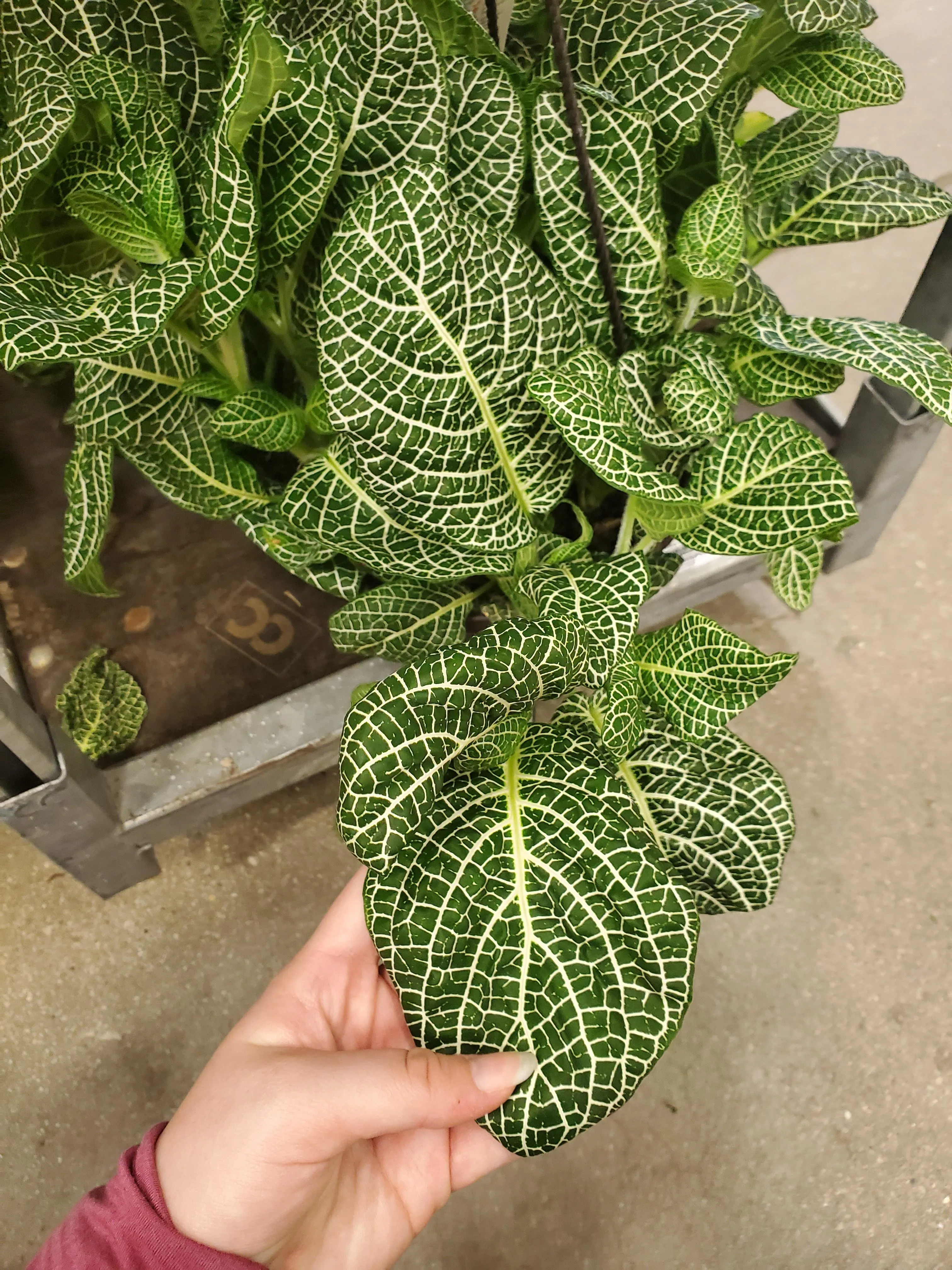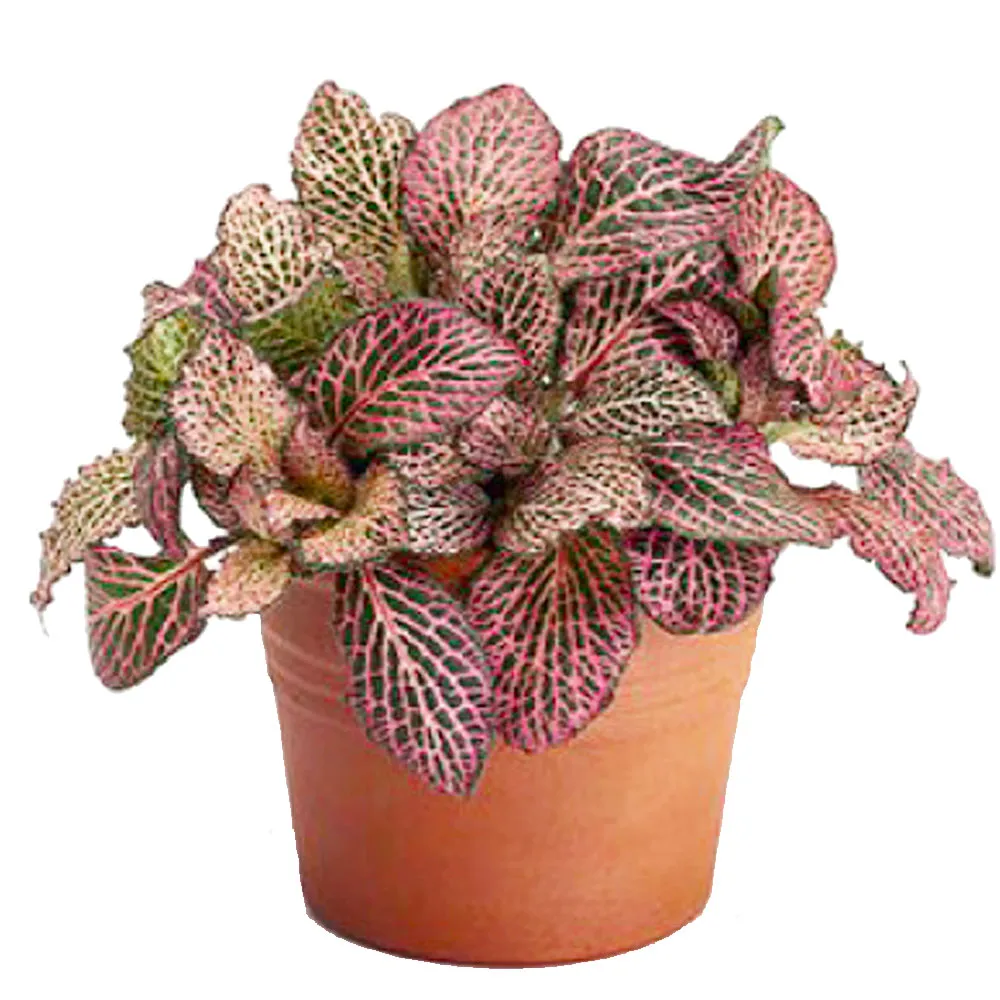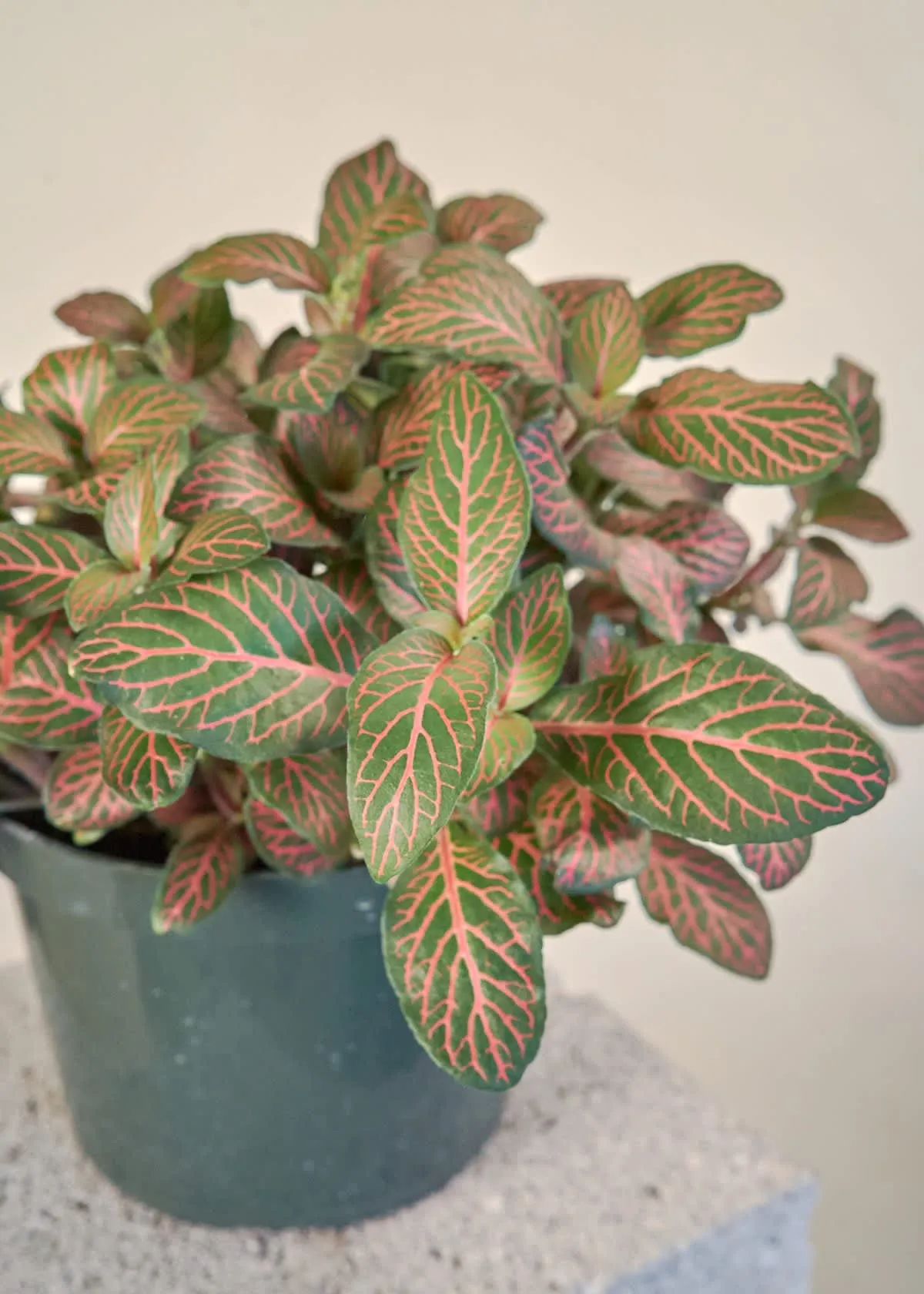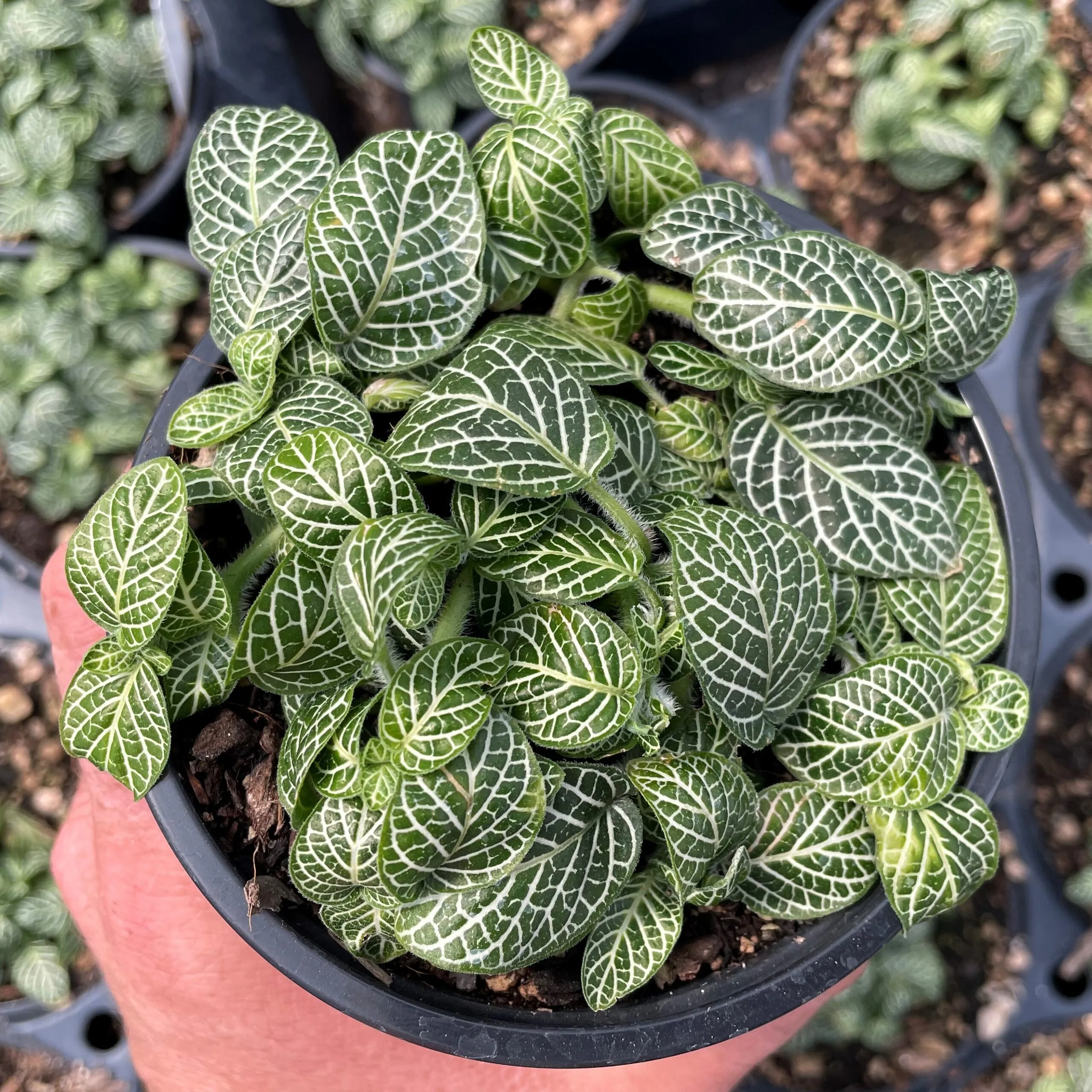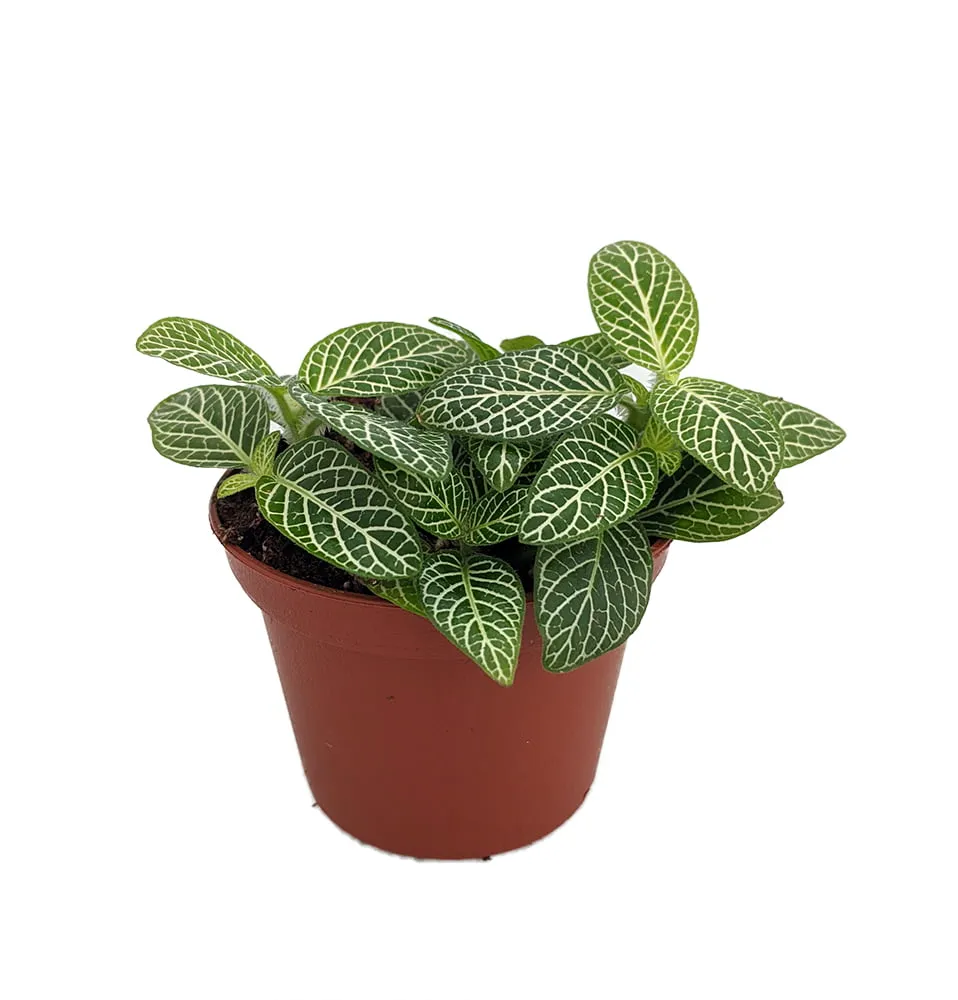Nerve Plant: A Guide to Growing and Caring for This Houseplant
Houseplants are a great way to add some greenery and life to your home. They not only look beautiful but also have several health benefits. One such houseplant is the nerve plant, also known as Fittonia Albivenis. It is a popular houseplant because of its striking foliage and low maintenance requirements. In this article, we will discuss everything you need to know about growing and caring for a nerve plant.
Overview of Nerve Plant
The nerve plant is a low-growing plant that is native to South America. It belongs to the Acanthaceae family and is known for its distinctive leaves. The leaves are oval-shaped and have bright green veins that stand out against the dark green background. The plant grows up to 6 inches in height and spreads up to 12 inches in width. It is a great choice for small spaces like apartments, dorm rooms, or offices.
How to Grow a Nerve Plant
Choosing the Right Pot
Choosing the right pot is crucial for the growth and health of your nerve plant. The pot should be at least 2 inches wider than the root ball of the plant. It should have drainage holes at the bottom to prevent waterlogging. The material of the pot is also important. Terracotta or ceramic pots are ideal as they provide good drainage and allow air circulation around the roots.
Soil
The soil for a nerve plant should be well-draining and rich in organic matter. A mixture of peat moss, perlite, and vermiculite is ideal for growing a nerve plant. This mixture provides good drainage and retains moisture, which is essential for the growth of the plant.
Light Requirements
The nerve plant prefers bright, indirect light. It should not be exposed to direct sunlight as it can scorch the leaves. A north-facing window or a shaded area with bright light is ideal for the growth of the plant. If you do not have access to bright light, you can use artificial lights like grow lights to provide the necessary light for the plant.
Temperature and Humidity
The nerve plant thrives in warm and humid conditions. The ideal temperature range for the plant is between 60°F to 80°F. It should not be exposed to temperatures below 50°F as it can damage the plant. The plant also requires high humidity levels to thrive. You can increase the humidity levels by placing a tray of water near the plant or by using a humidifier.
Watering
Watering is an essential aspect of growing a nerve plant. The plant requires moist soil, but it should not be waterlogged. Overwatering can lead to root rot and other fungal diseases. The soil should be allowed to dry slightly between watering. The frequency of watering depends on the temperature, humidity, and light conditions. In general, the plant should be watered once a week, but you should adjust the frequency based on the conditions in your home.
Caring for a Nerve Plant
Fertilization
The nerve plant requires regular fertilization to grow and thrive. You can use a balanced liquid fertilizer once a month during the growing season. Avoid over-fertilizing the plant as it can lead to salt buildup in the soil, which can damage the roots.
Pruning
Pruning is an essential aspect of caring for a nerve plant. It helps to maintain the shape and size of the plant and also promotes new growth. You can pinch off the tips of the plant to encourage bushier growth. You should also remove any yellow or damaged leaves to prevent the spread of disease.
Propagation
Propagation is an easy and fun way to grow new nerve plants. You can propagate the plant by stem cuttings or division. Stem cuttings should be taken from the healthy and mature part of the plant. The cuttings should be planted in a well-draining soil mixture and kept moist until they root. Division is another method of propagation. It involves separating the plant into smaller sections and planting them in separate pots.
Common Problems
The nerve plant is a relatively low-maintenance plant, but it can still face some problems. The most common problems are: - Root rot: Overwatering can lead to root rot, which can be fatal to the plant. To prevent root rot, ensure that the soil is well-draining and allow it to dry slightly between watering. - Pest infestation: The nerve plant can attract pests like mealybugs and spider mites. To prevent pest infestation, inspect the plant regularly and use organic pest control methods like neem oil. - Leaf curling: Leaf curling can occur due to underwatering, overwatering, or low humidity levels. Ensure that the plant is watered adequately and the humidity levels are maintained.
Conclusion
The nerve plant is a beautiful and low-maintenance houseplant that can add a touch of greenery to your home. It requires bright, indirect light, well-draining soil, and regular fertilization to thrive. With proper care and maintenance, your nerve plant can grow into a beautiful and healthy plant that will enhance the look of your home.
Frequently asked questions about Nerve plant wallpapers
What are Nerve plant pictures?
Nerve plant pictures are a collection of high-quality images of the Nerve plant, a popular houseplant known for its vibrant colors and unique patterns. These pictures can be downloaded for free from our website.
What is the Nerve plant?
The Nerve plant, also known as Fittonia, is a low-growing plant native to tropical rainforests in South America. It is known for its strikingly colored leaves with intricate vein patterns.
How many Nerve plant pictures are available on your website?
We have a collection of 40 Nerve plant pictures available for download on our website. Each picture is unique and showcases the plant's beauty in different ways.
Can I download Nerve plant pictures for free?
Yes, all the Nerve plant pictures on our website can be downloaded for free. Simply choose the picture you like and select the file type and size you prefer.
What file types are available for Nerve plant pictures?
We offer three file types for Nerve plant pictures: .jpg, .png, and .webp. You can choose the file type that best suits your needs.
What sizes are available for Nerve plant pictures?
We offer a range of sizes for Nerve plant pictures, including small, medium, large, and custom sizes. You can select the size that best fits your needs or choose a custom size based on your specific requirements.
Is there a limit to how many Nerve plant pictures I can download?
No, there is no limit to how many Nerve plant pictures you can download from our website. You are free to download as many pictures as you like, whenever you like.
Can I use Nerve plant pictures for commercial purposes?
Yes, you can use Nerve plant pictures for commercial purposes, such as in marketing materials or on your website. However, you may not sell or redistribute the pictures themselves.
Do I need to credit your website if I use Nerve plant pictures?
While we appreciate credit where possible, you are not required to credit our website if you use Nerve plant pictures. However, we do ask that you do not claim the pictures as your own.
Can I edit or modify Nerve plant pictures?
Yes, you are free to edit or modify Nerve plant pictures to suit your needs. However, we ask that you do not use the pictures in any way that is harmful, offensive, or defamatory.
What if I have a problem downloading or using Nerve plant pictures?
If you have any issues downloading or using Nerve plant pictures, please contact us and we will do our best to assist you. We want to ensure that you have a positive experience using our website and our pictures.


